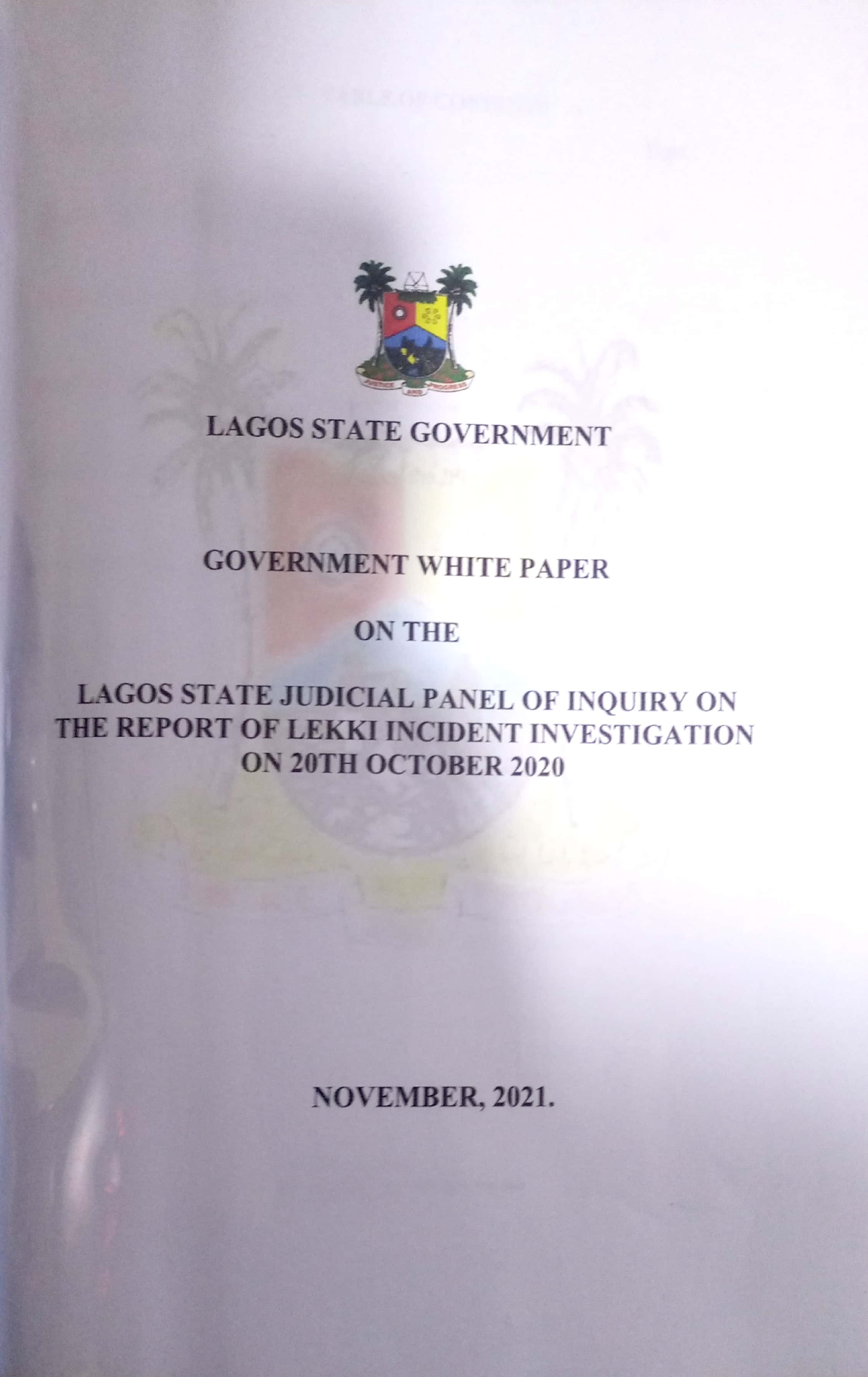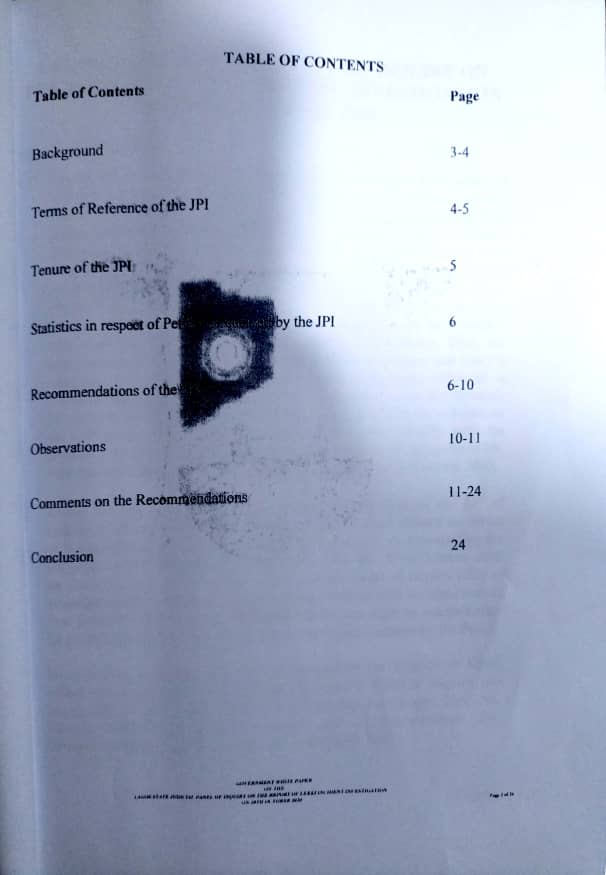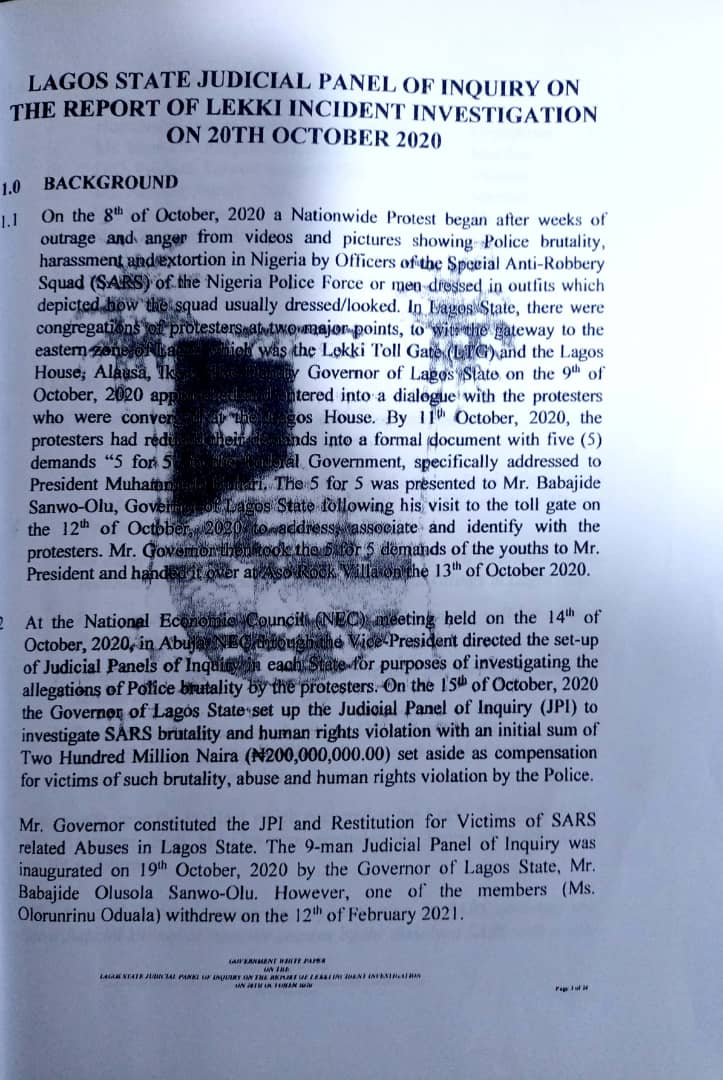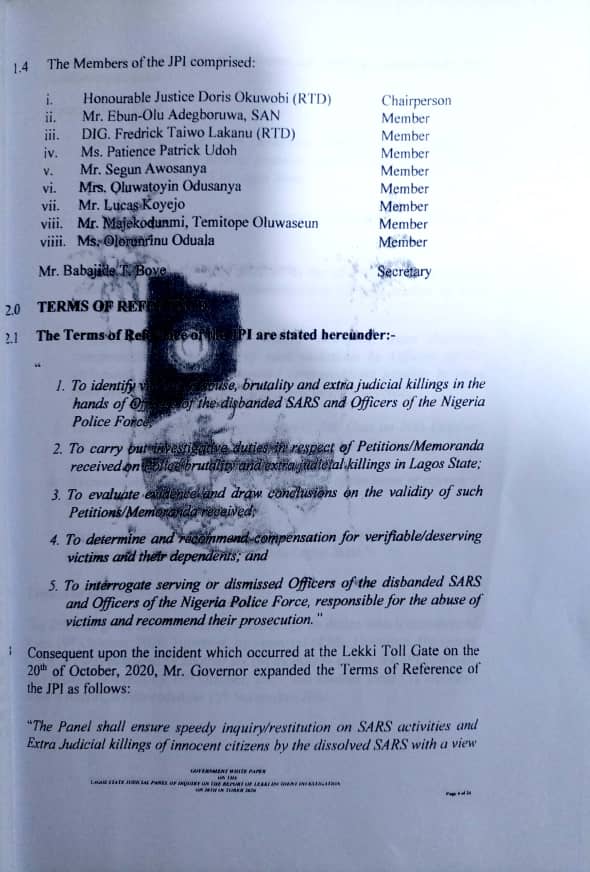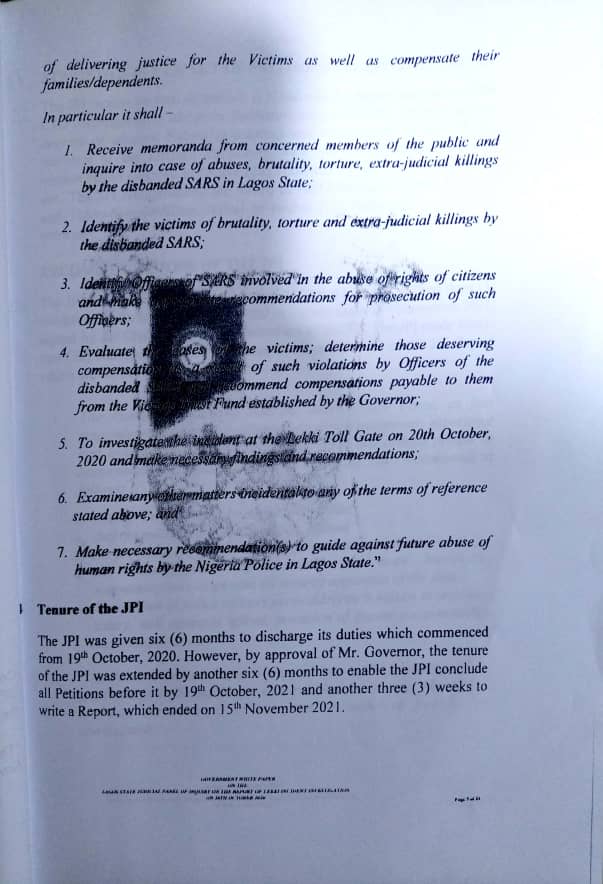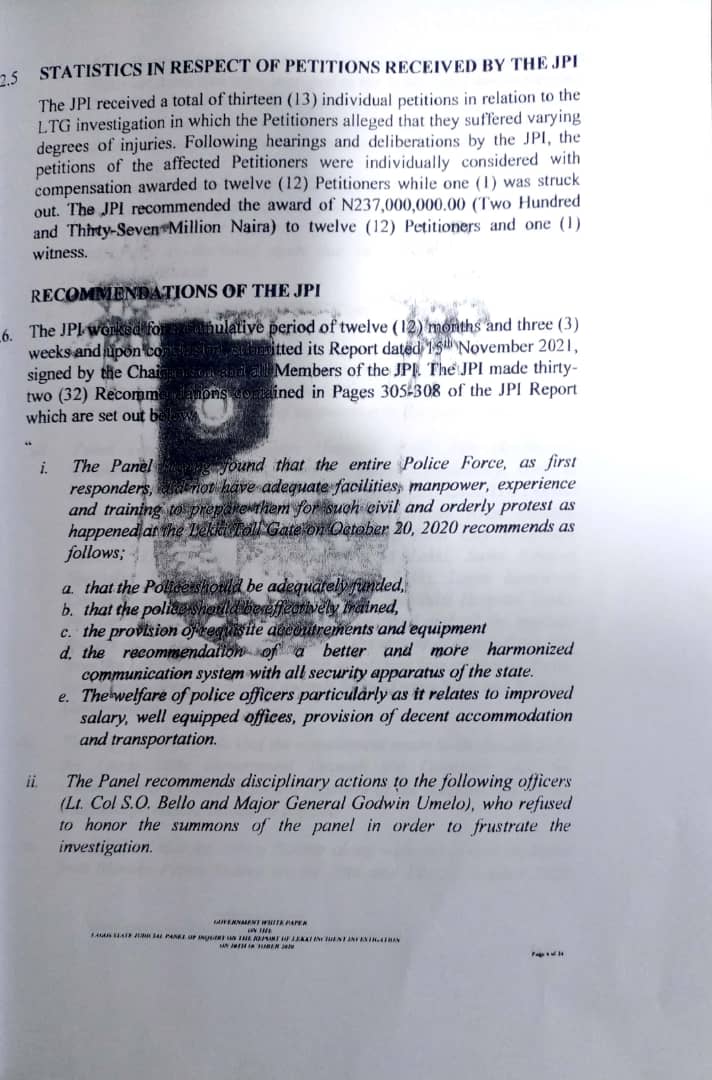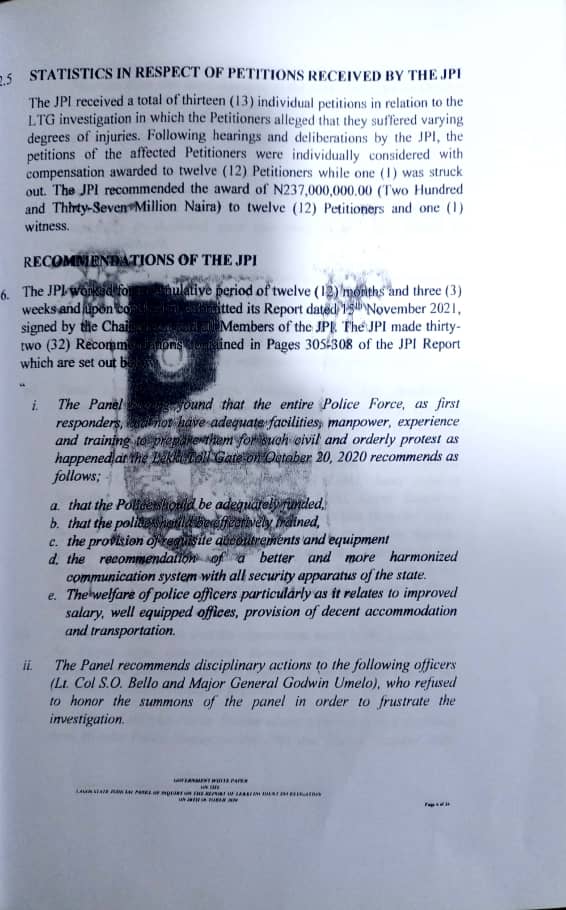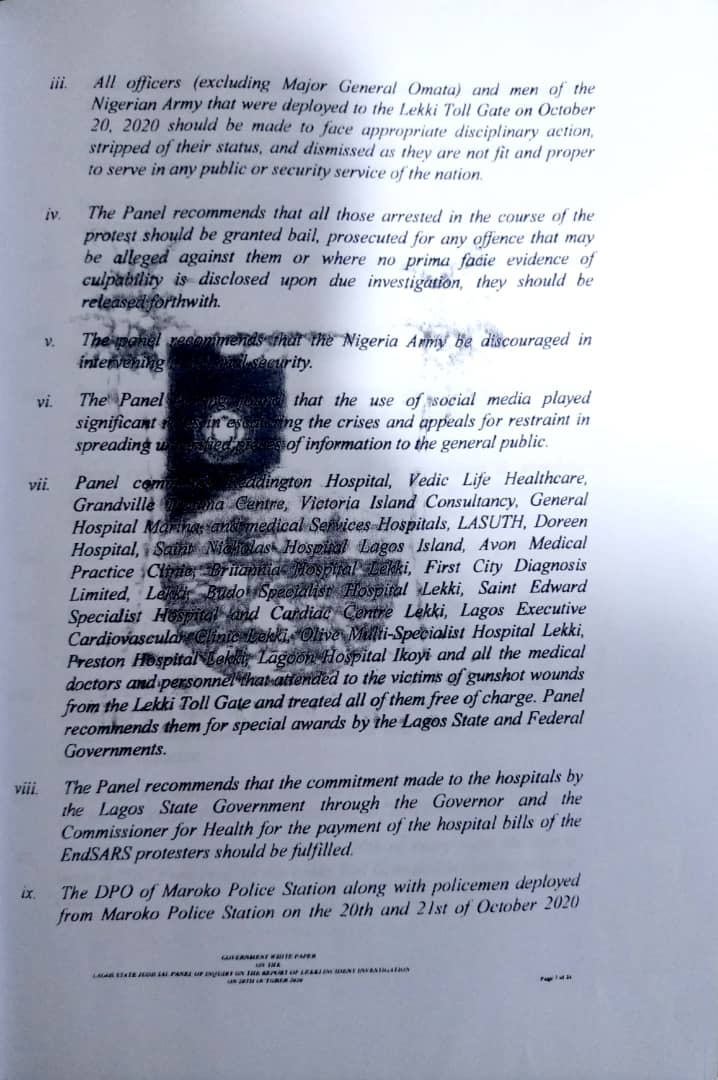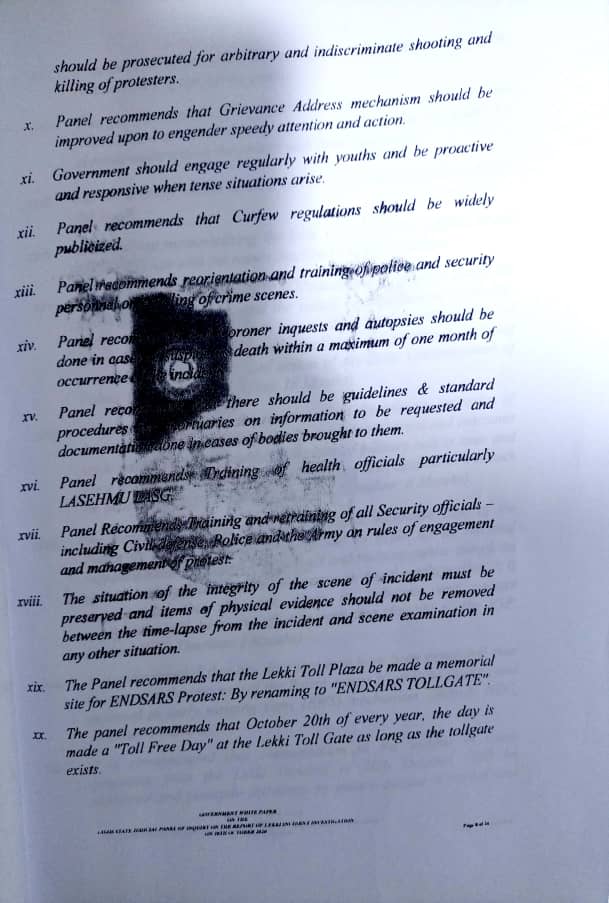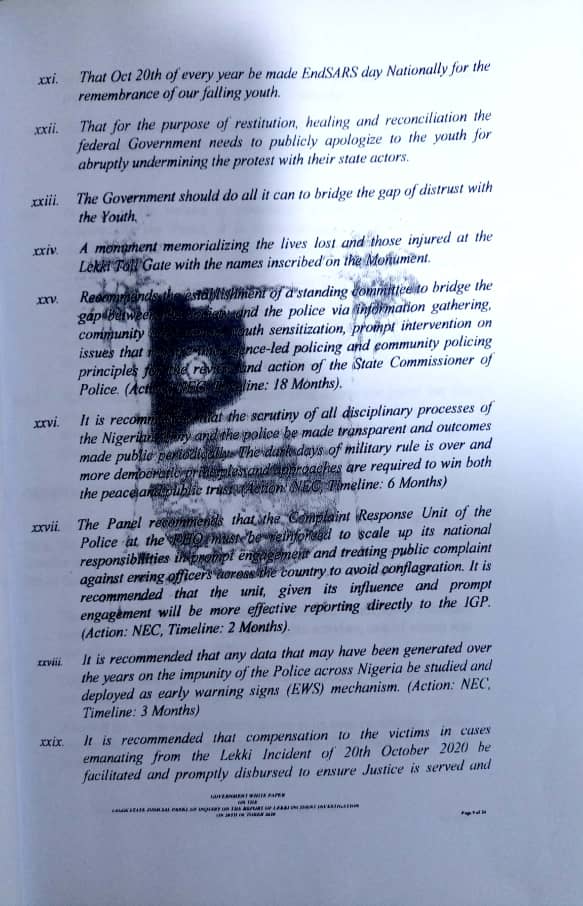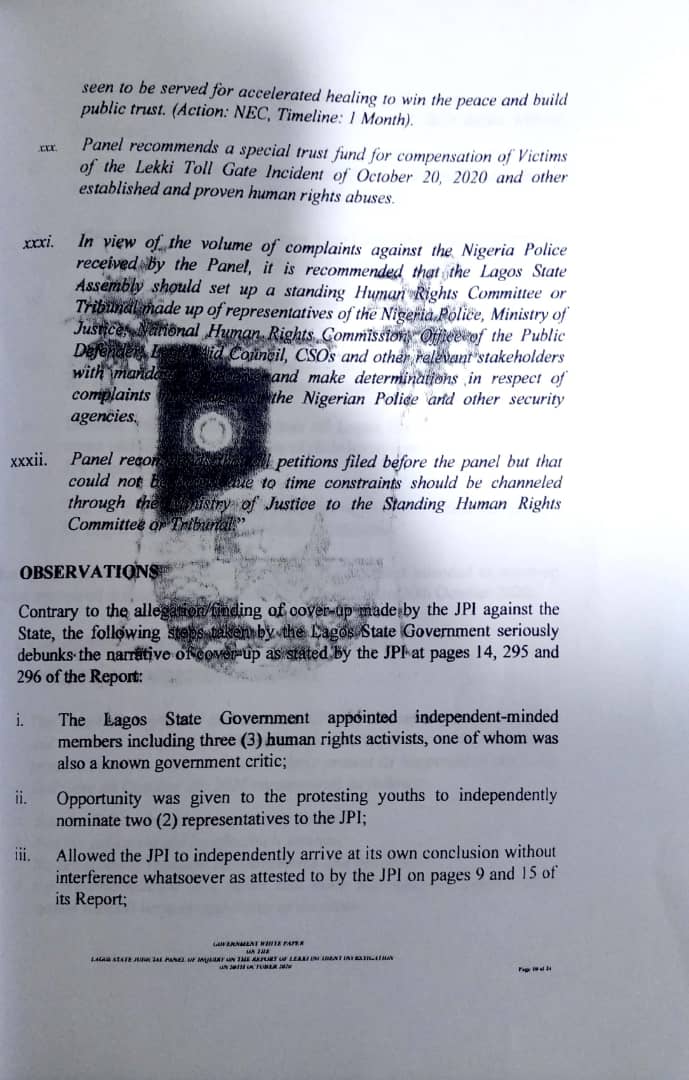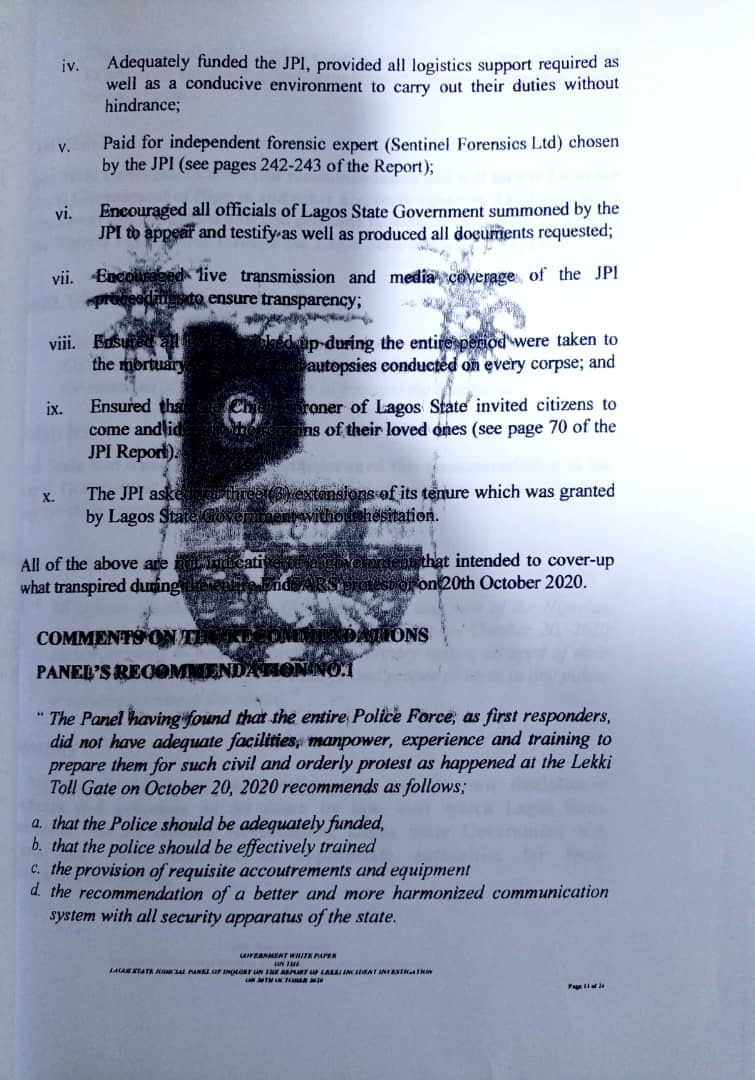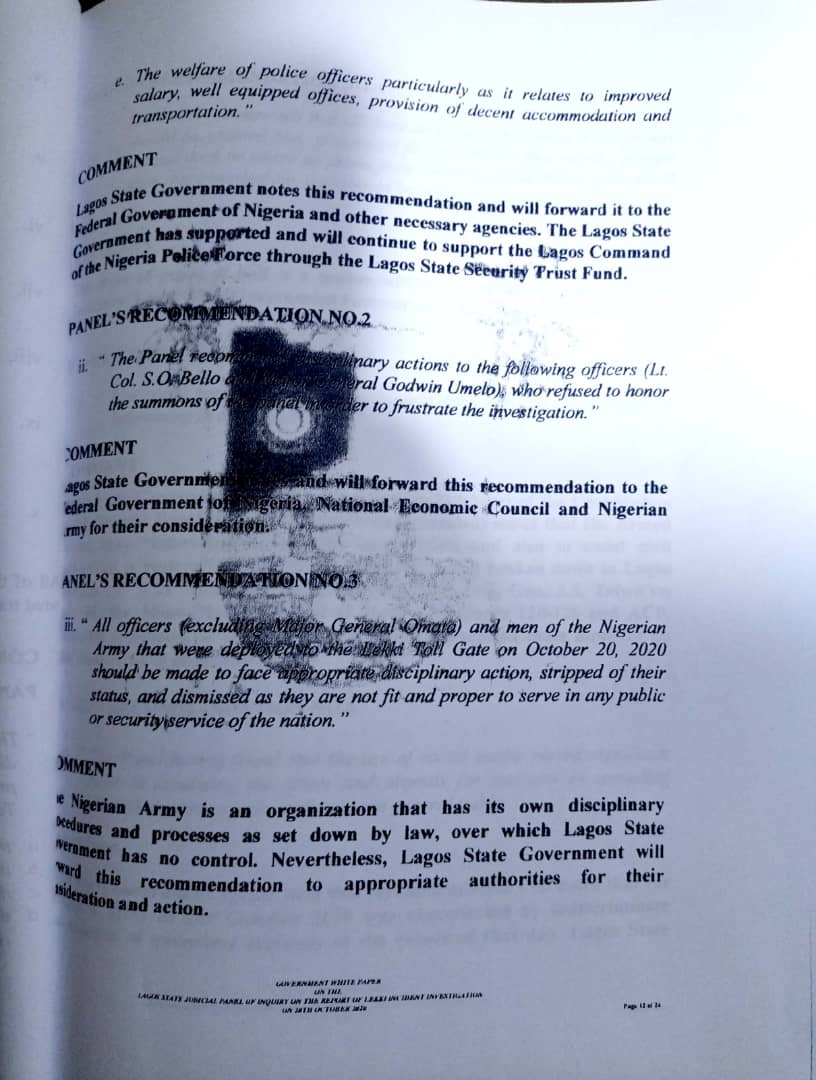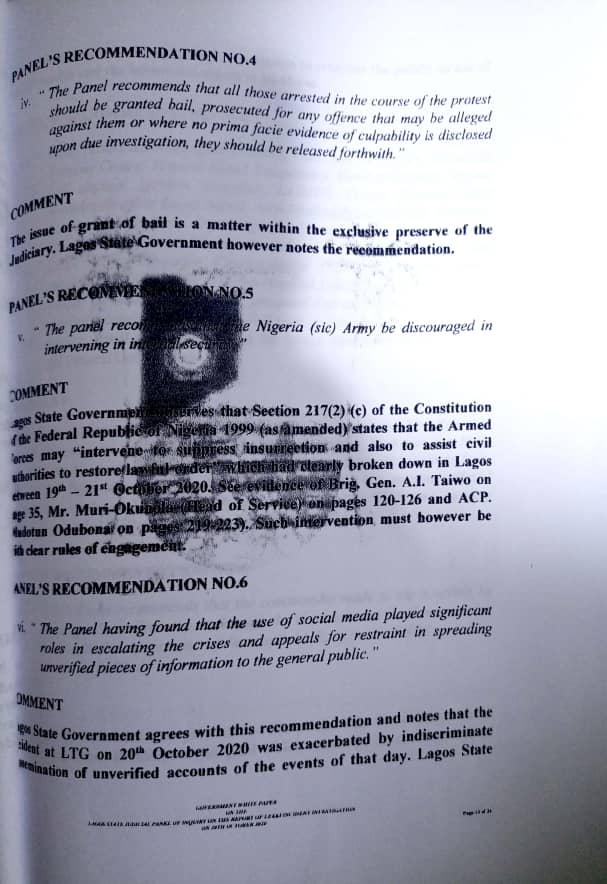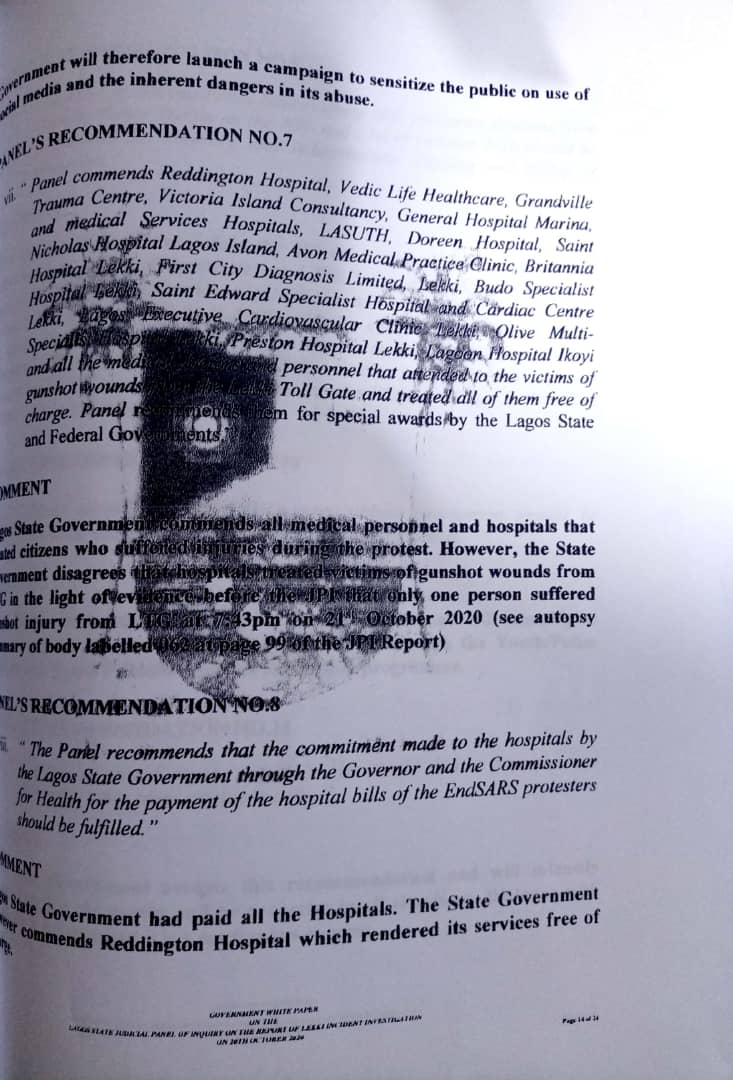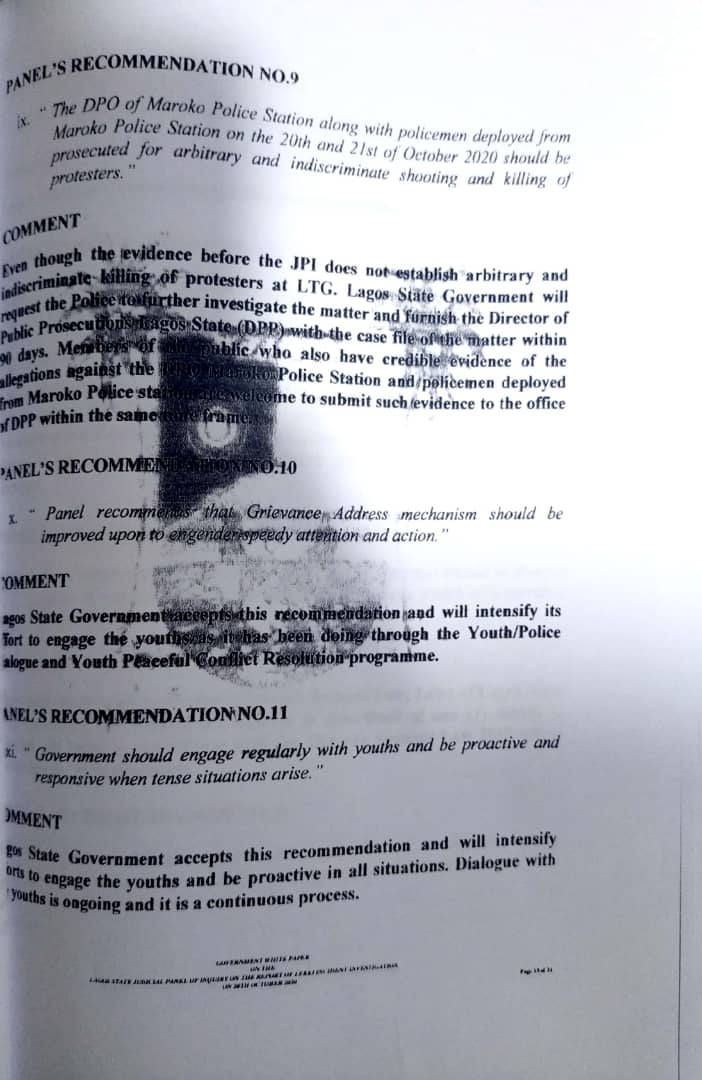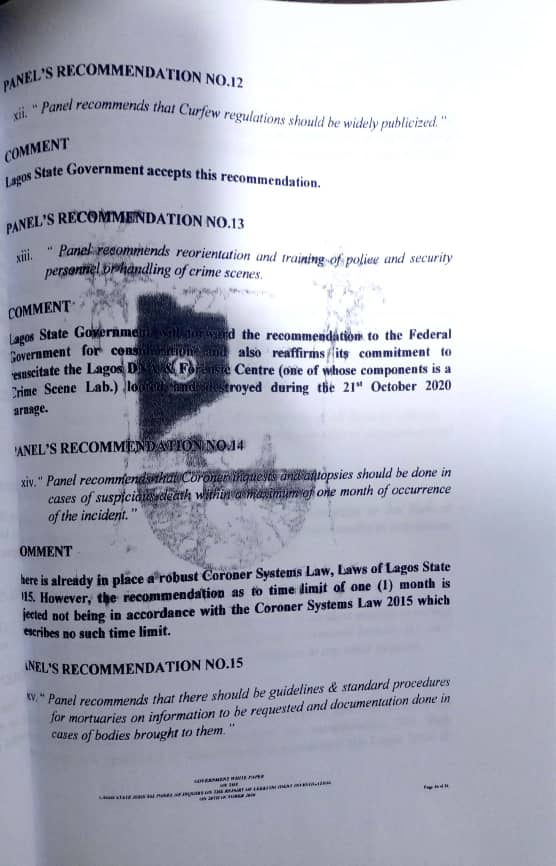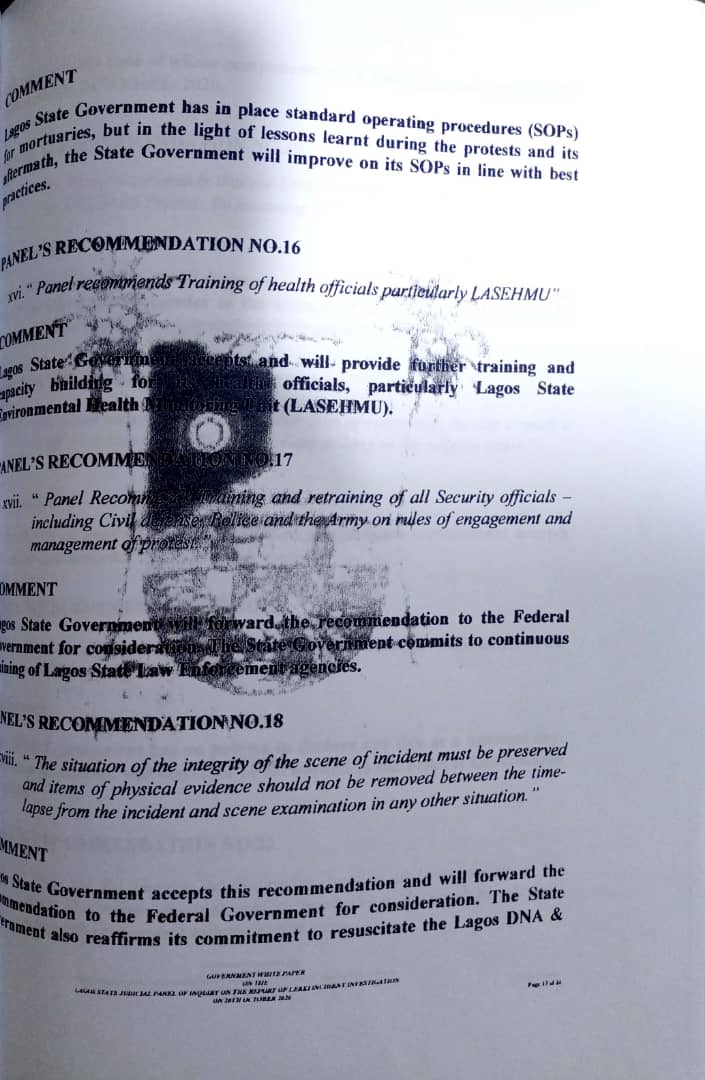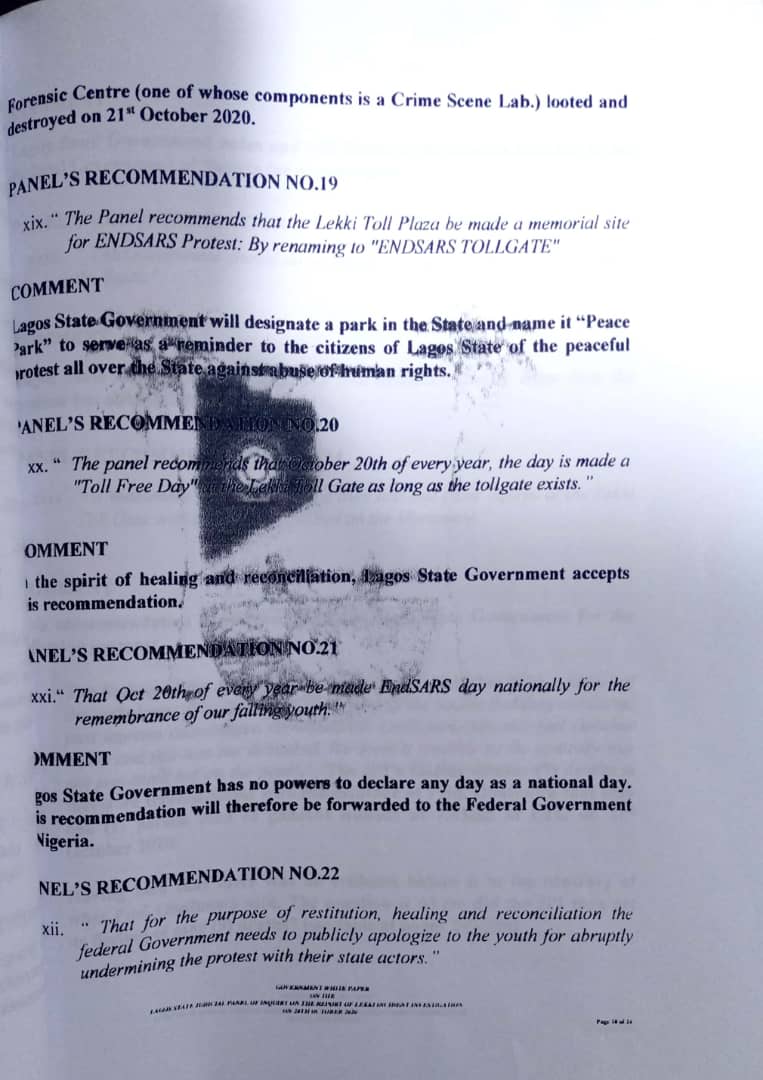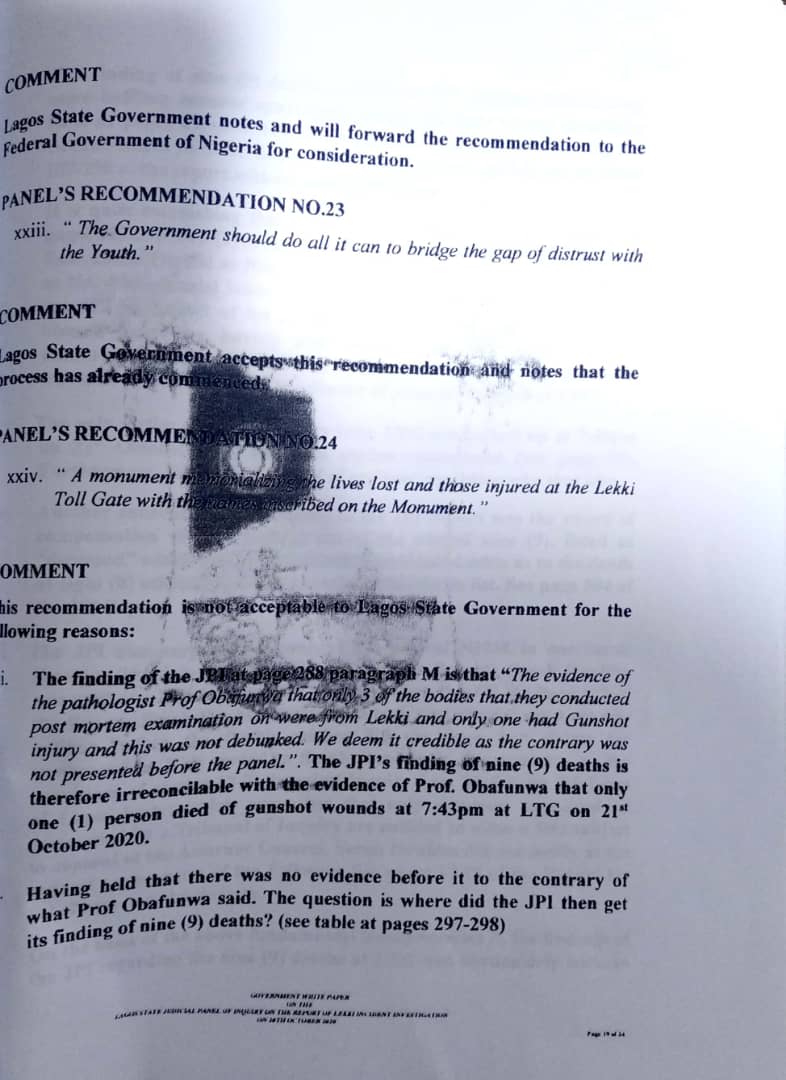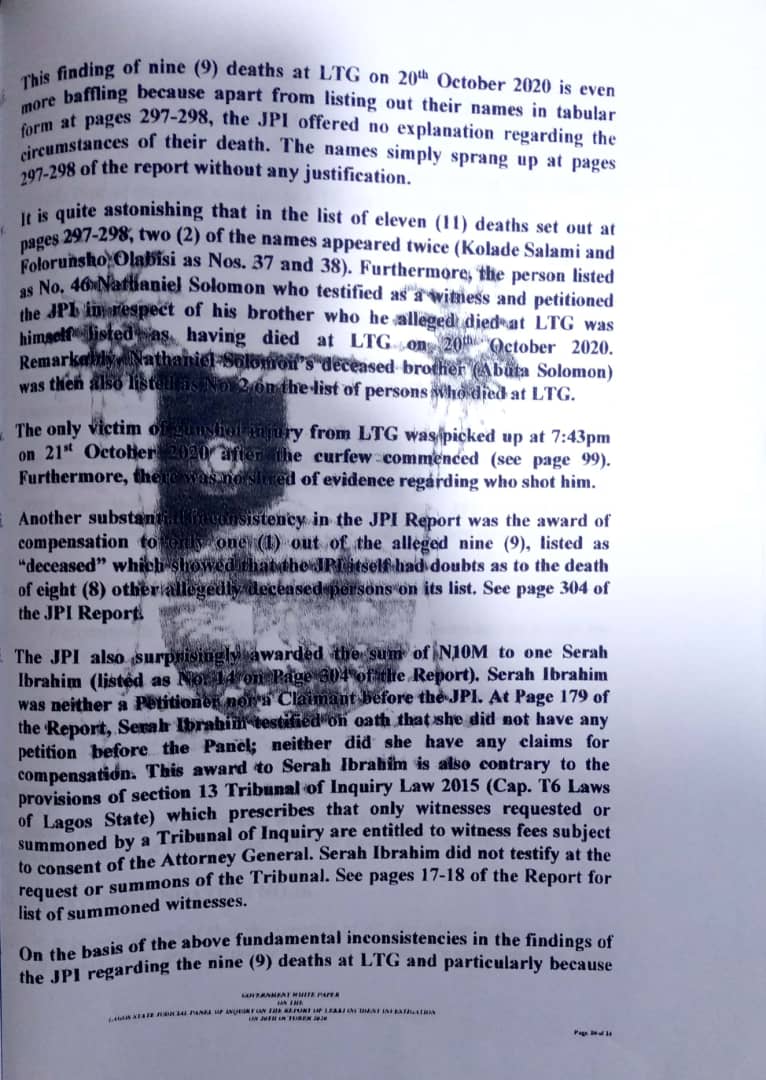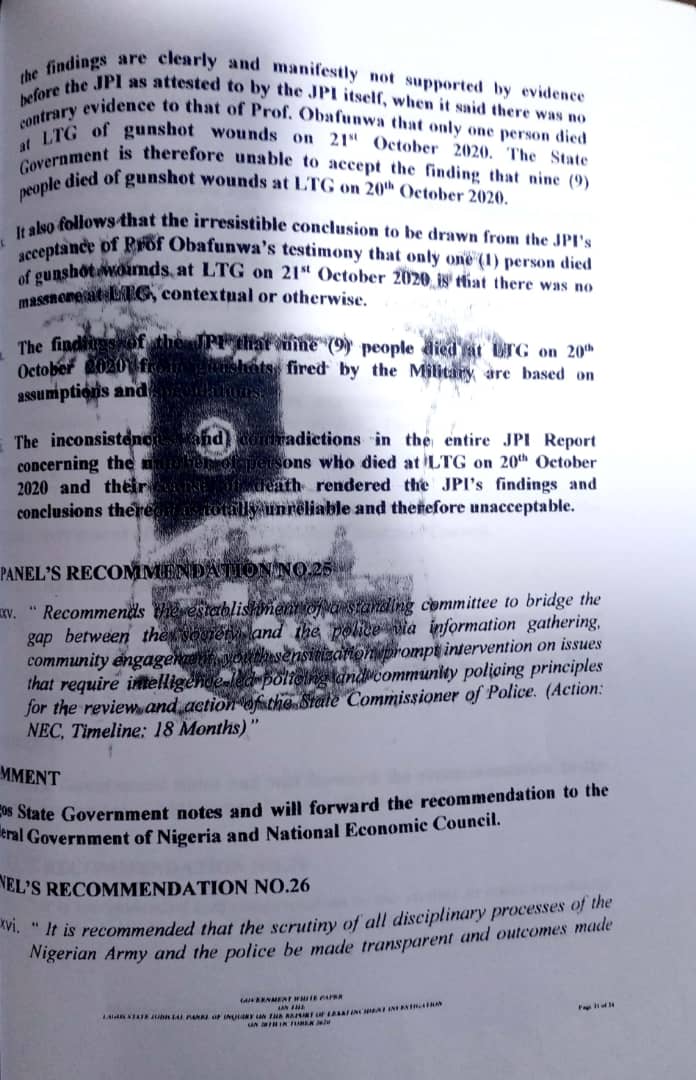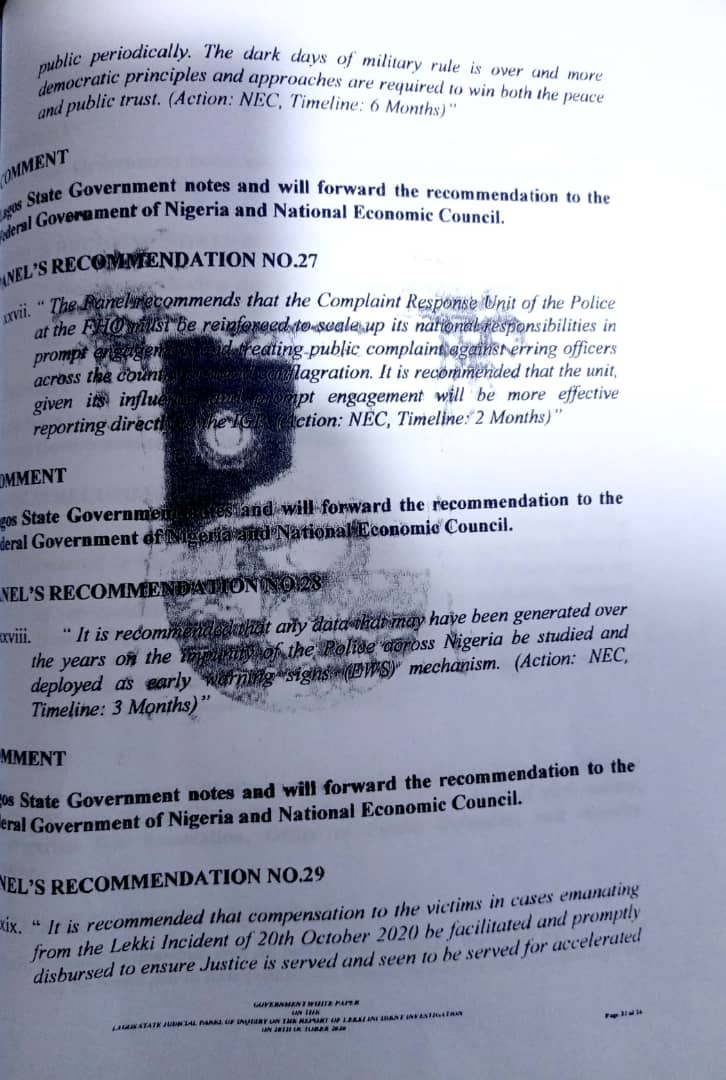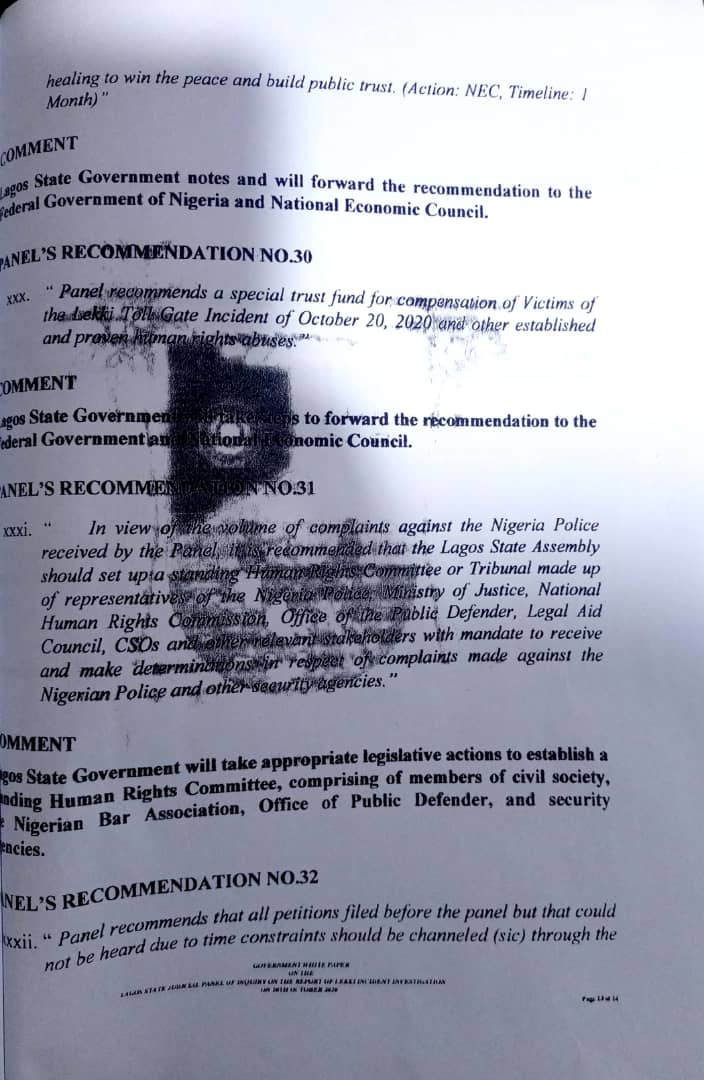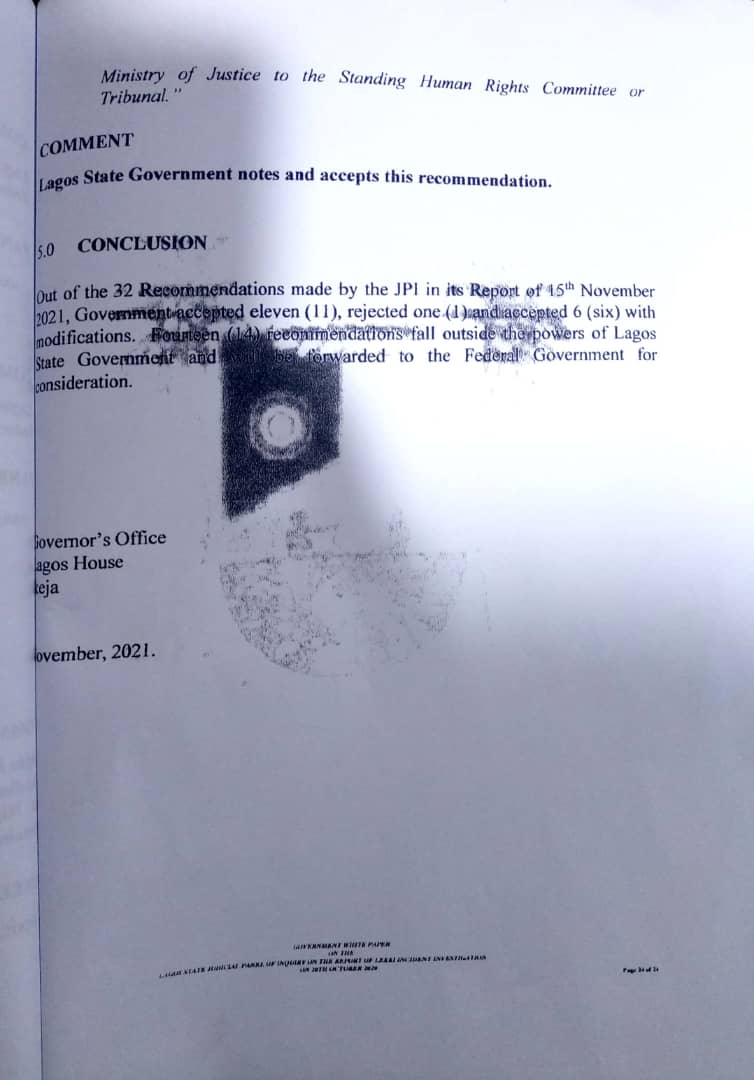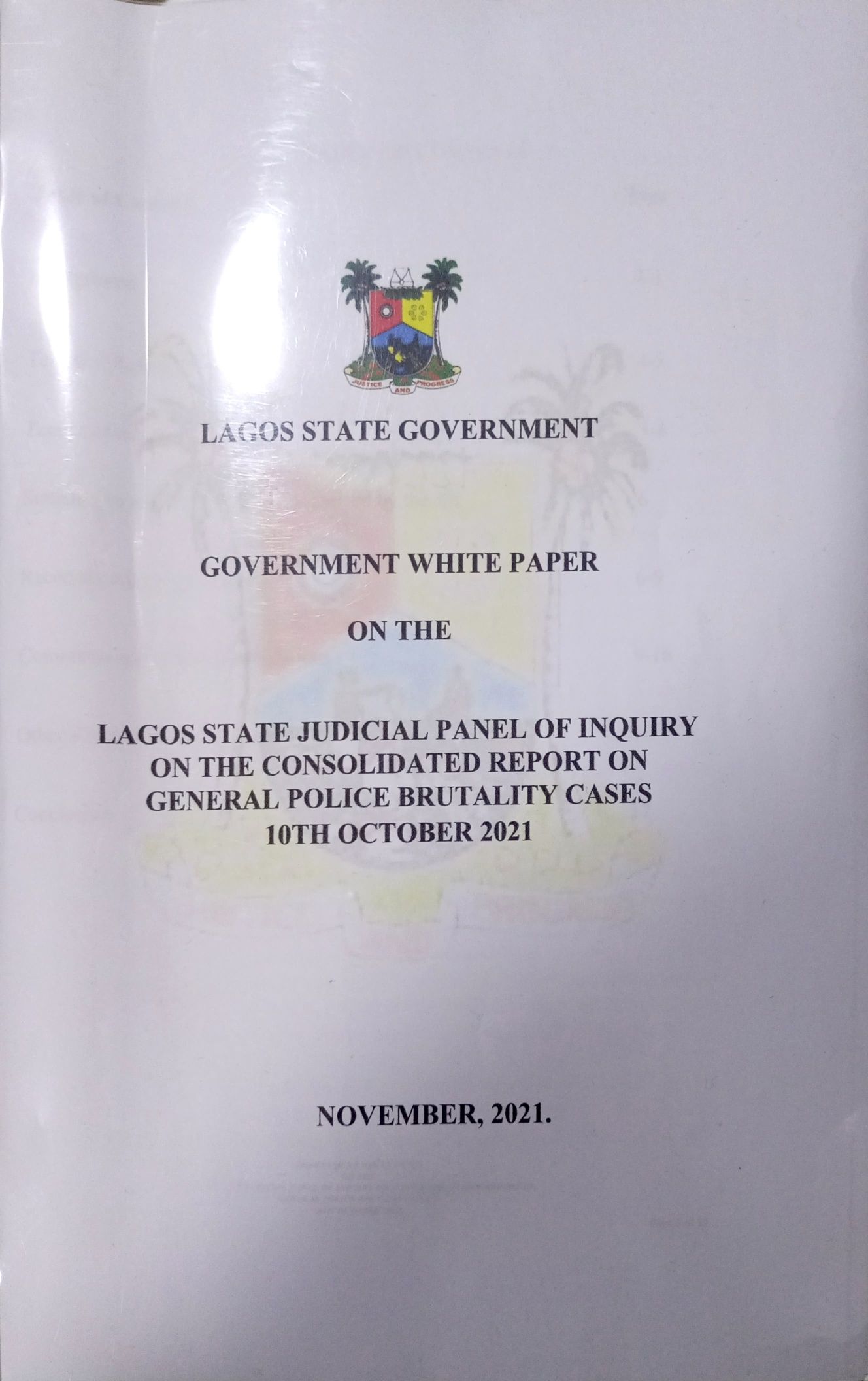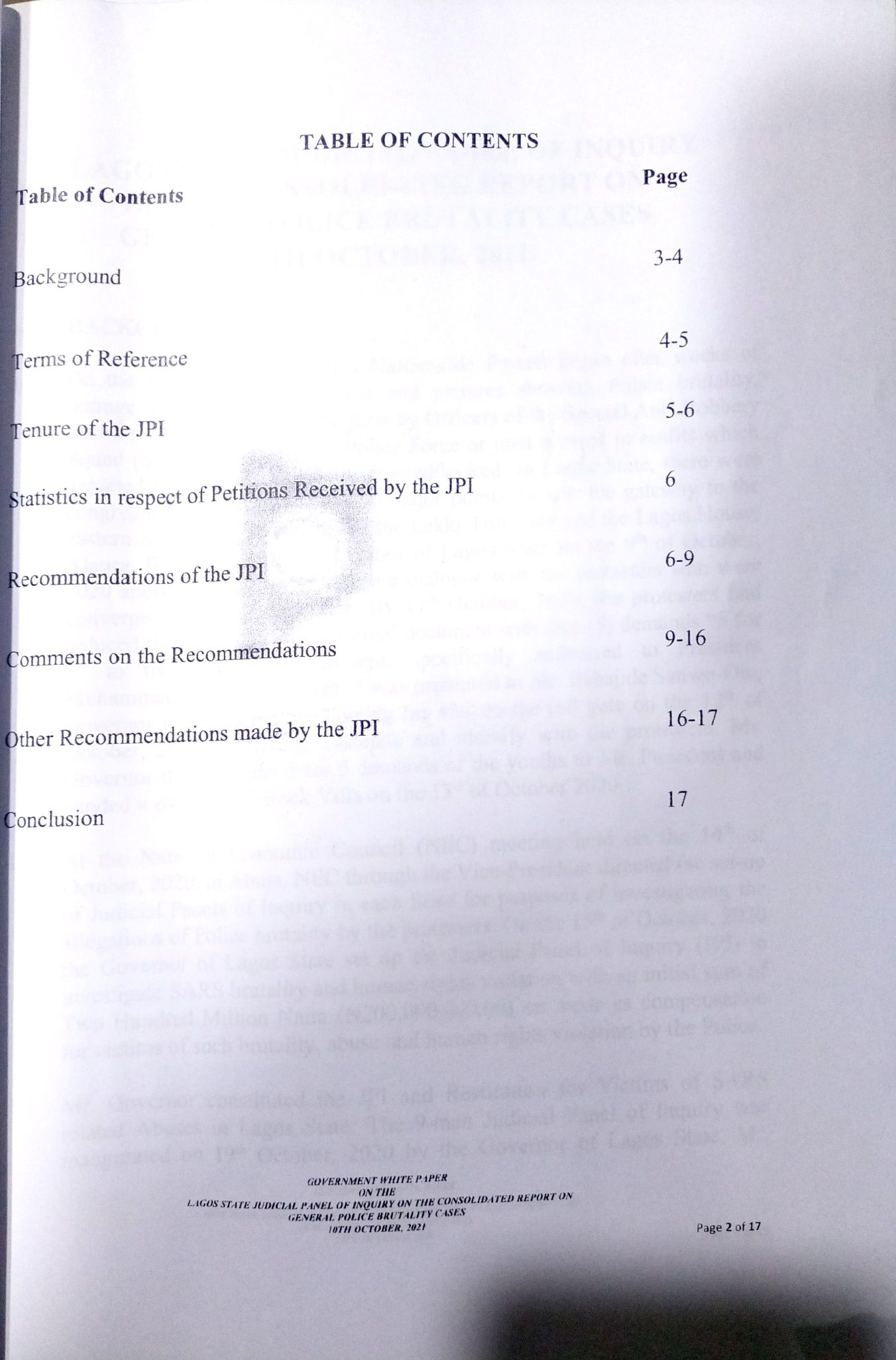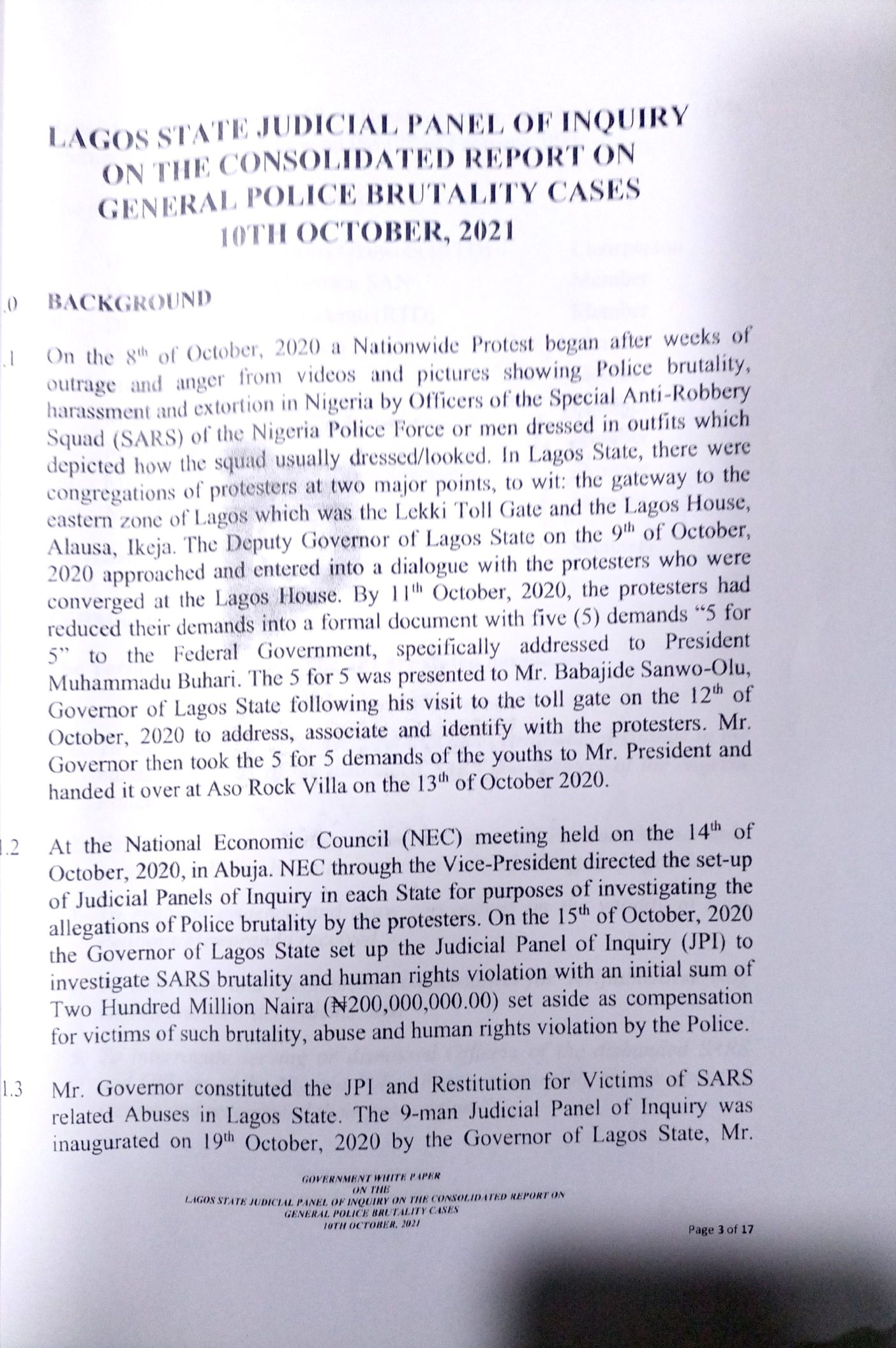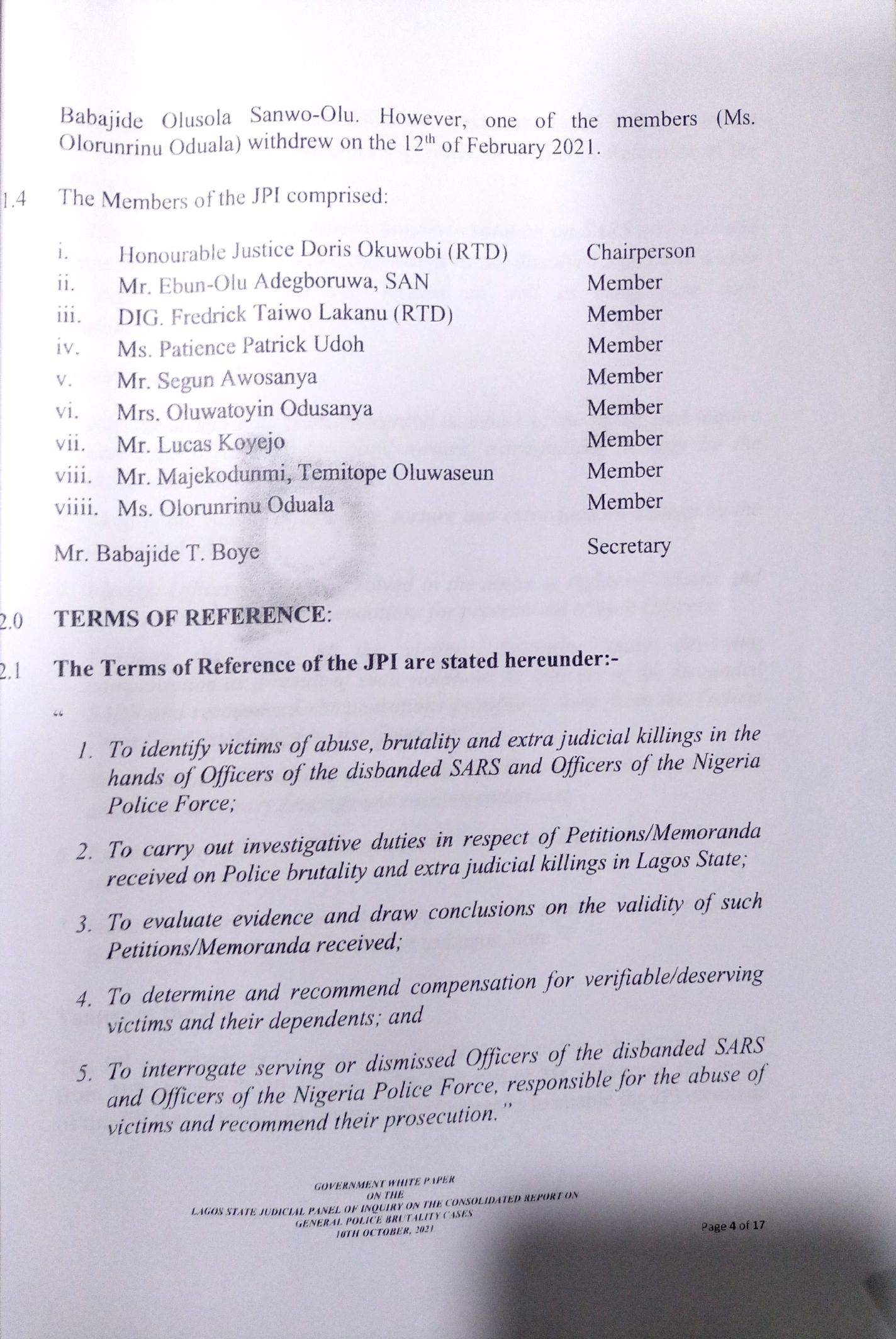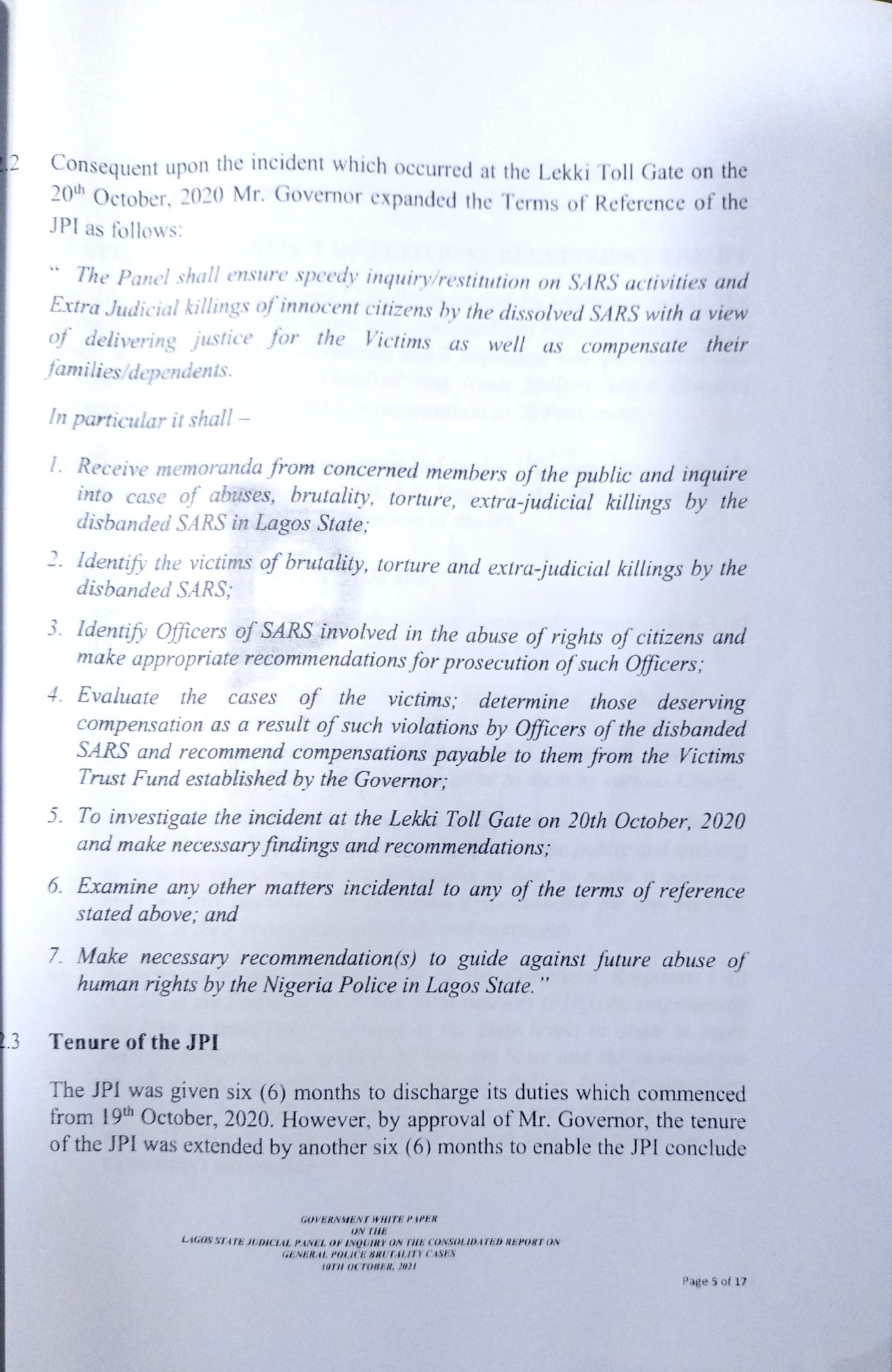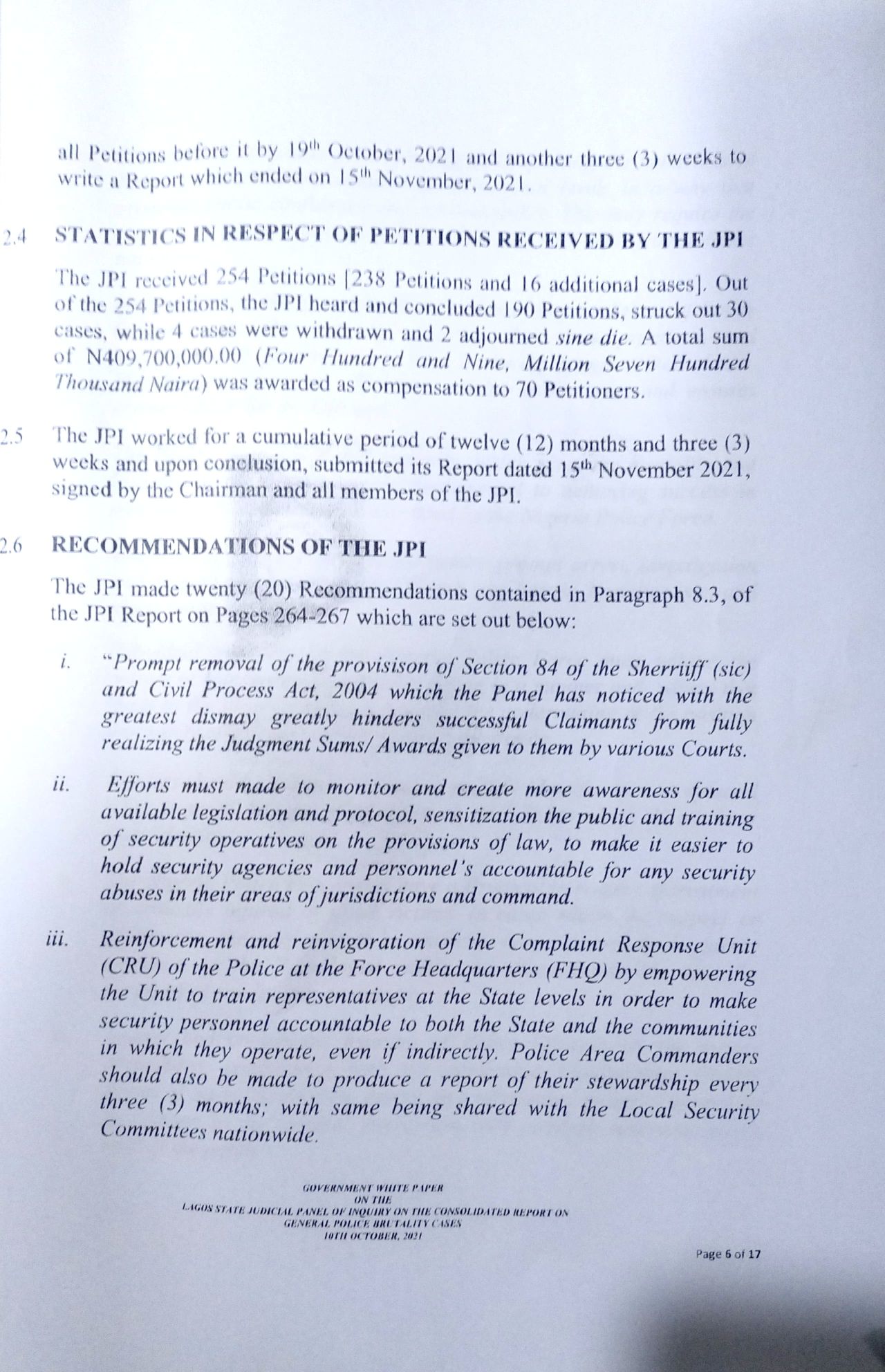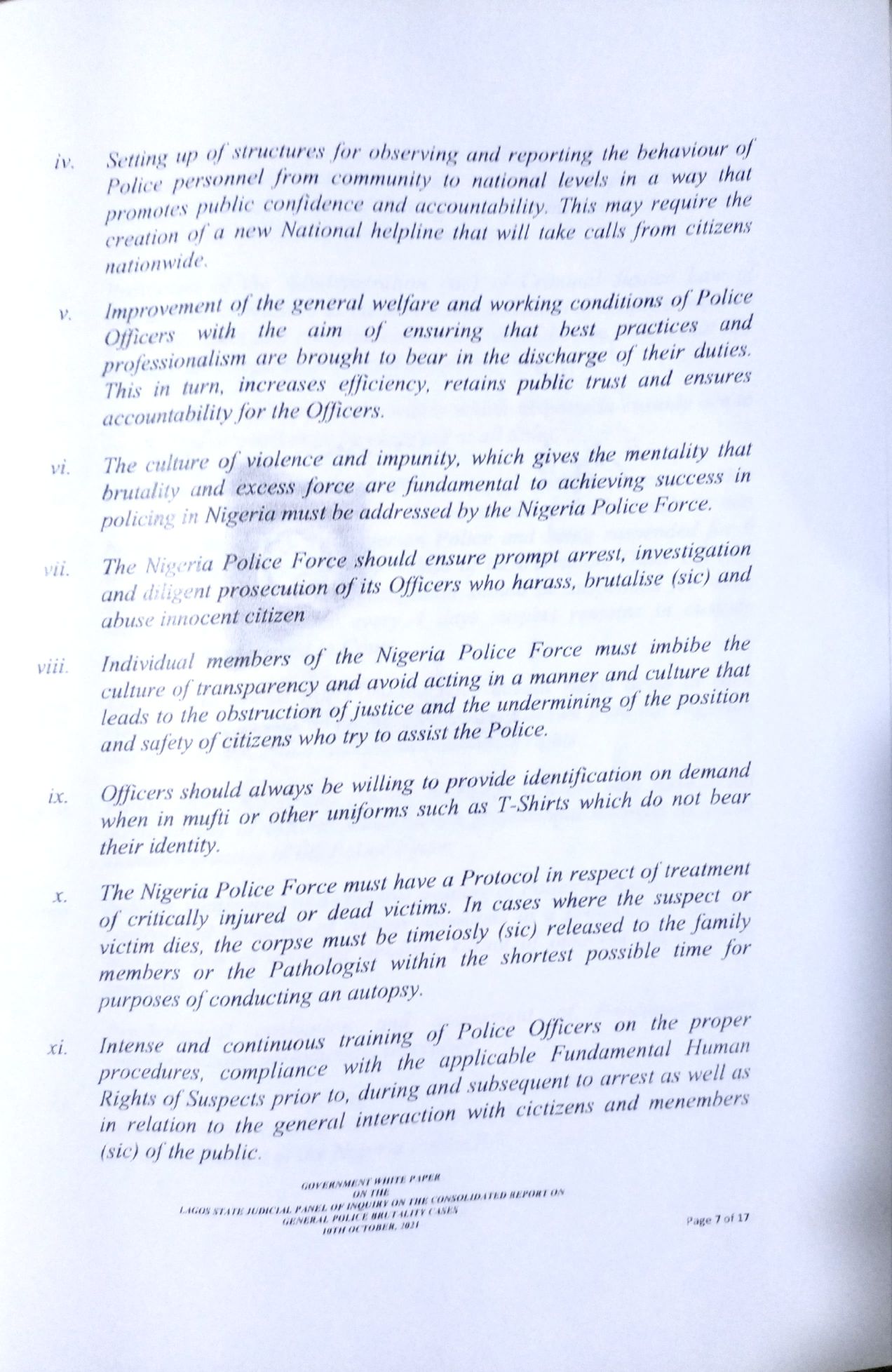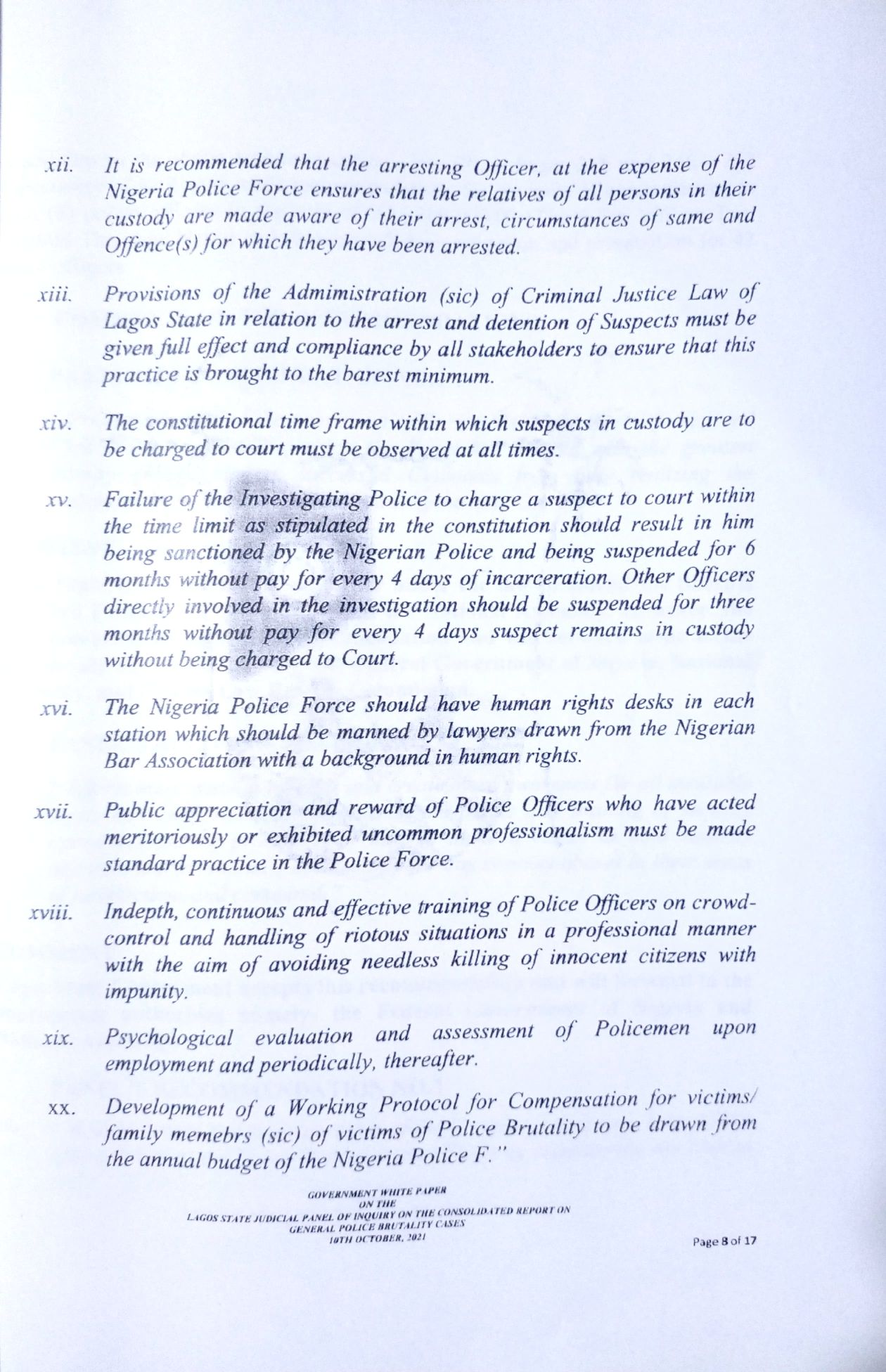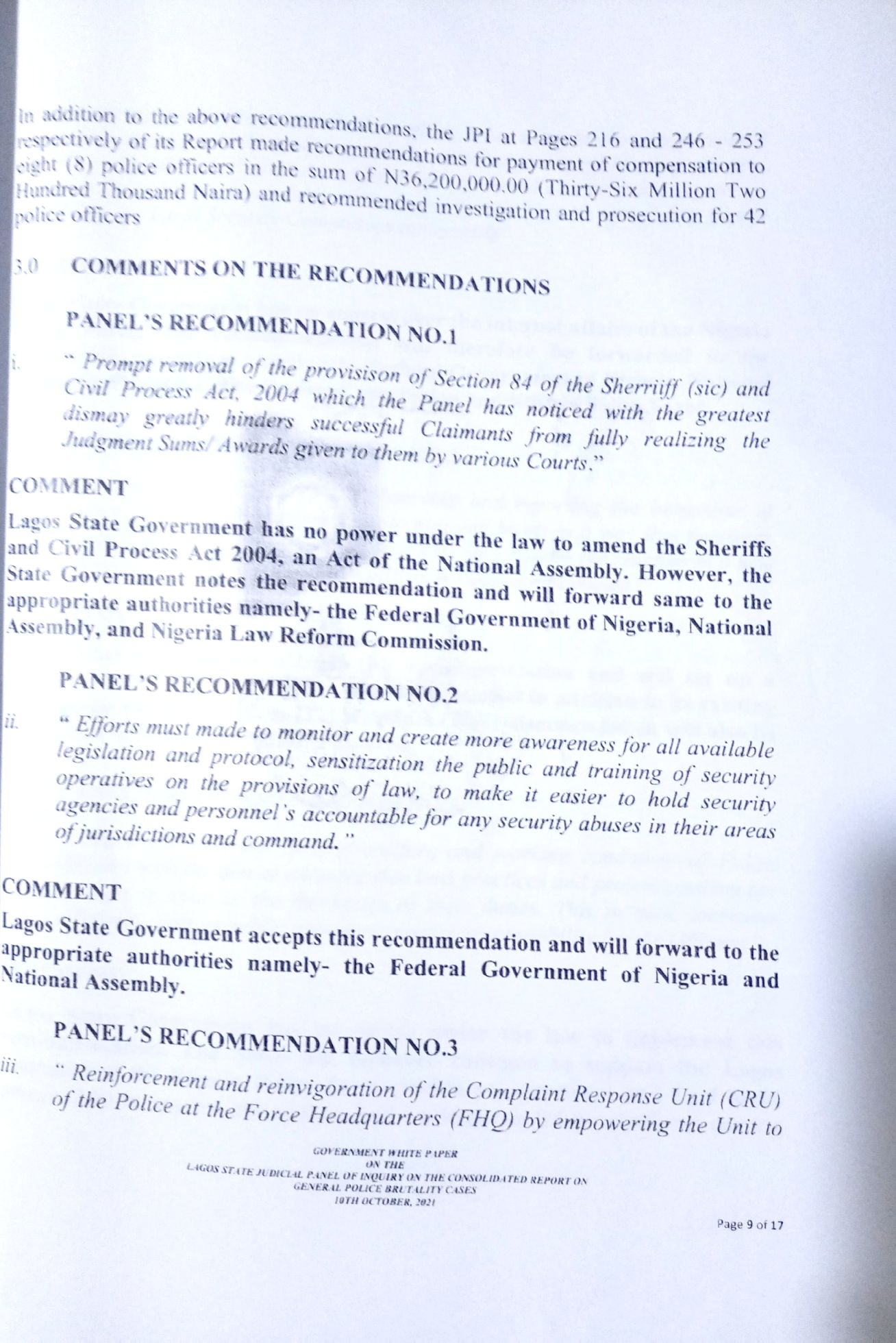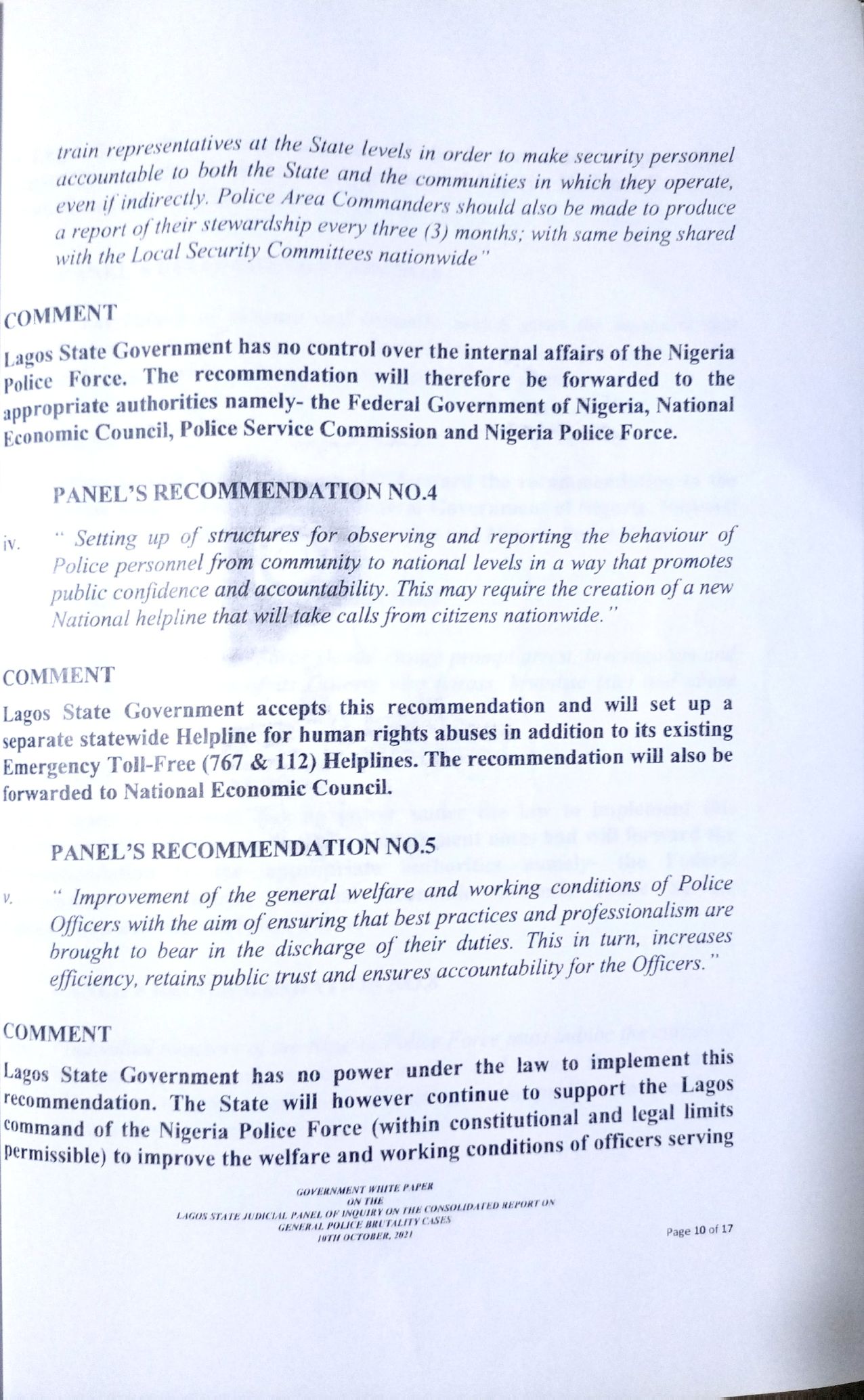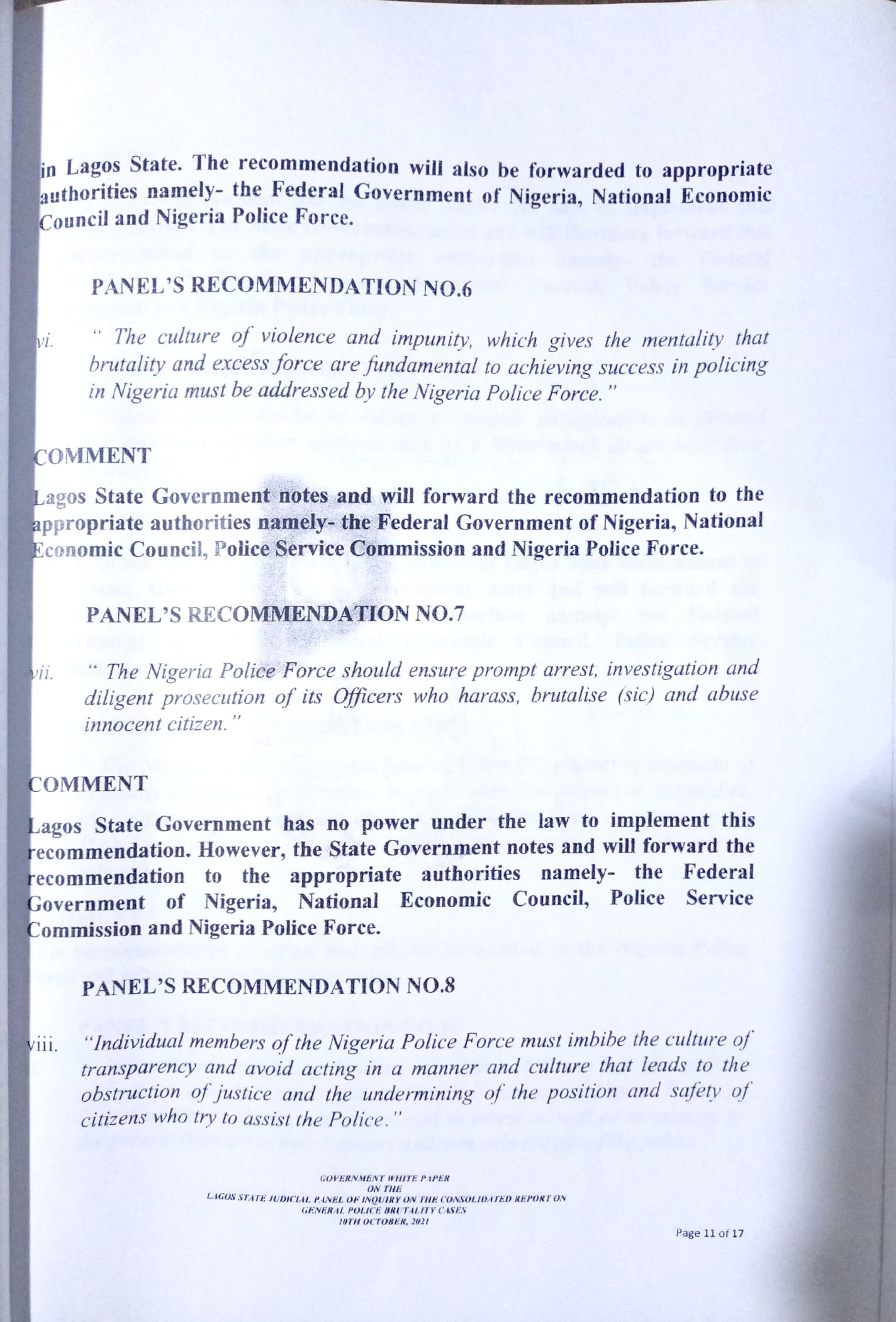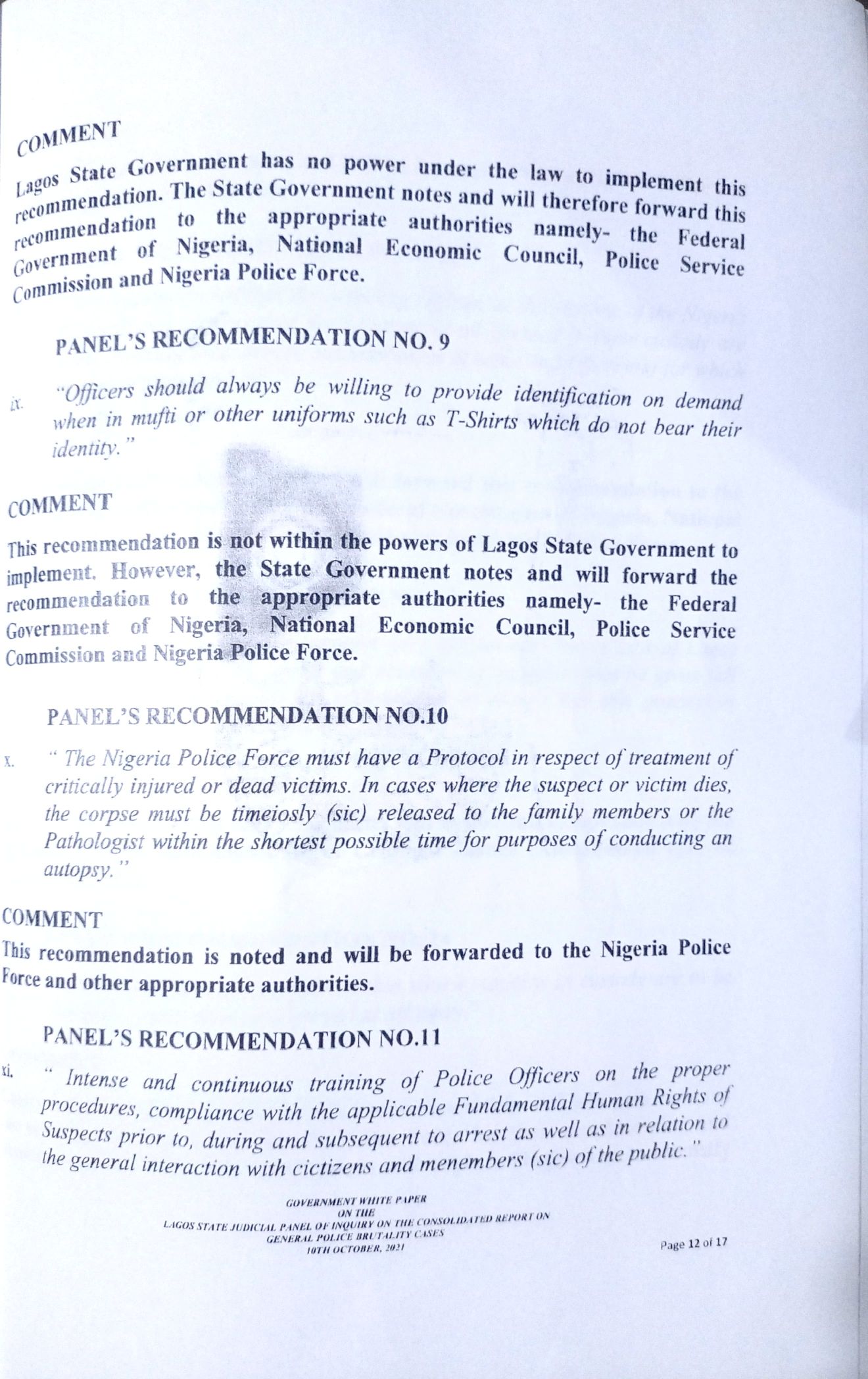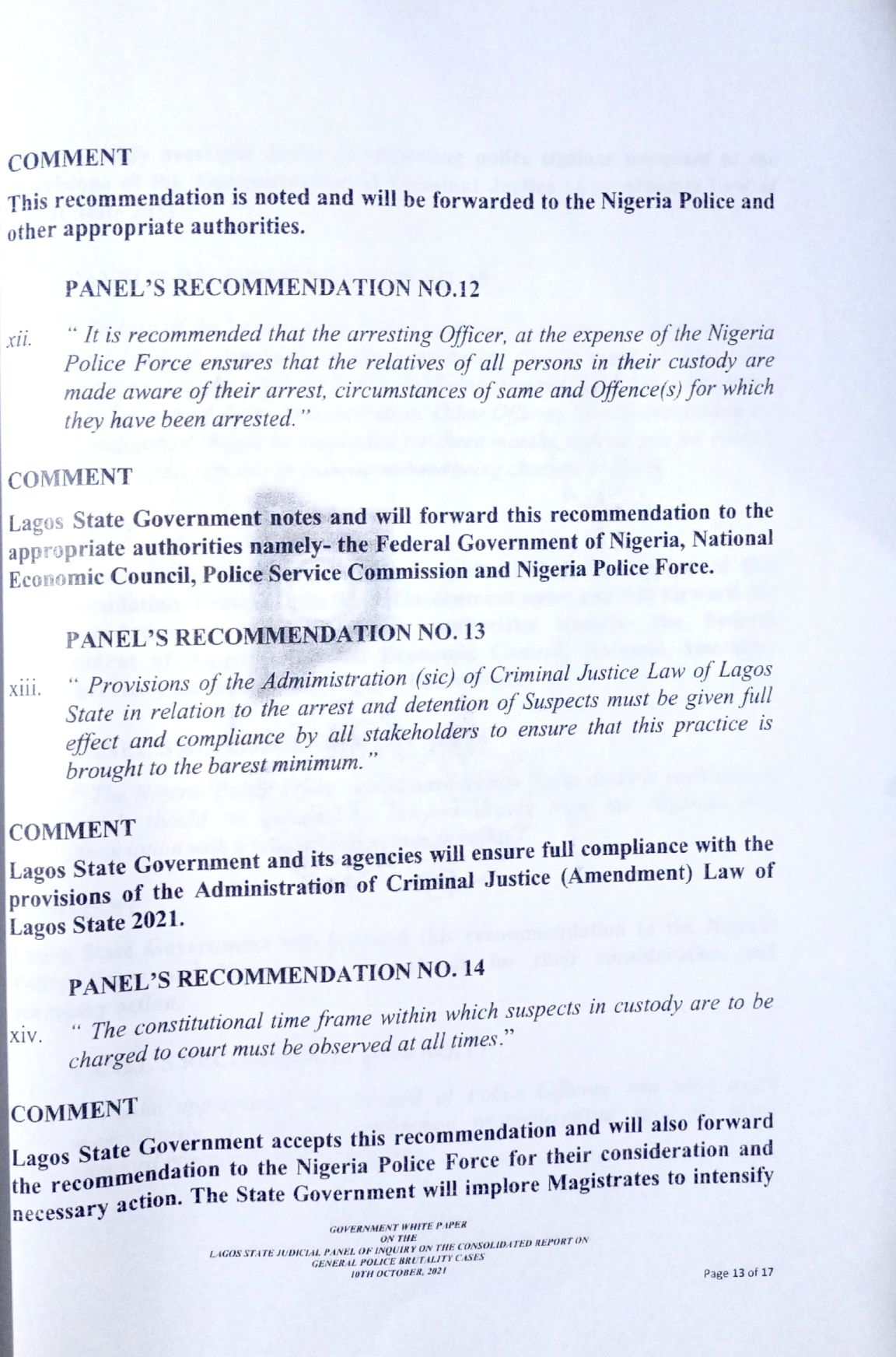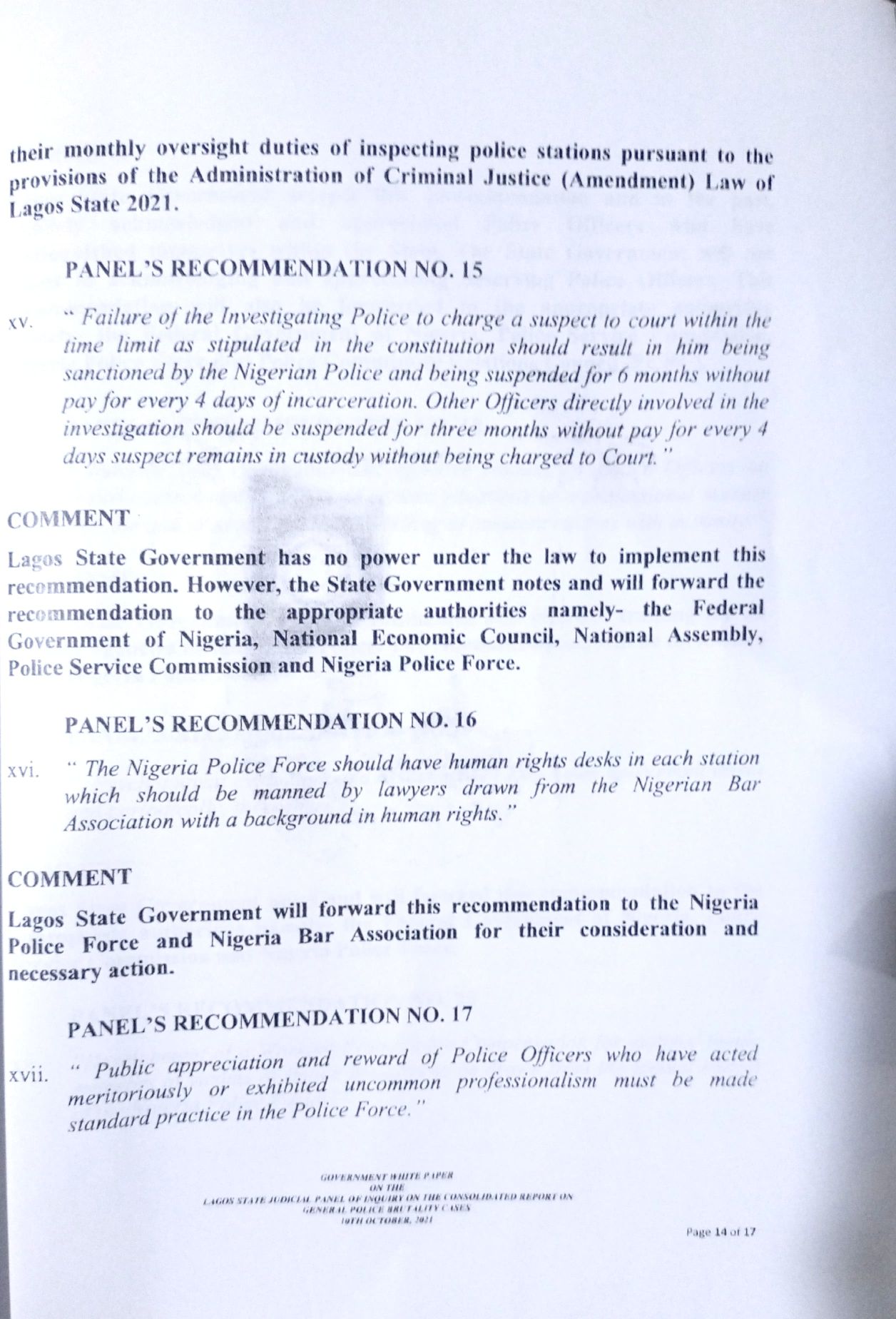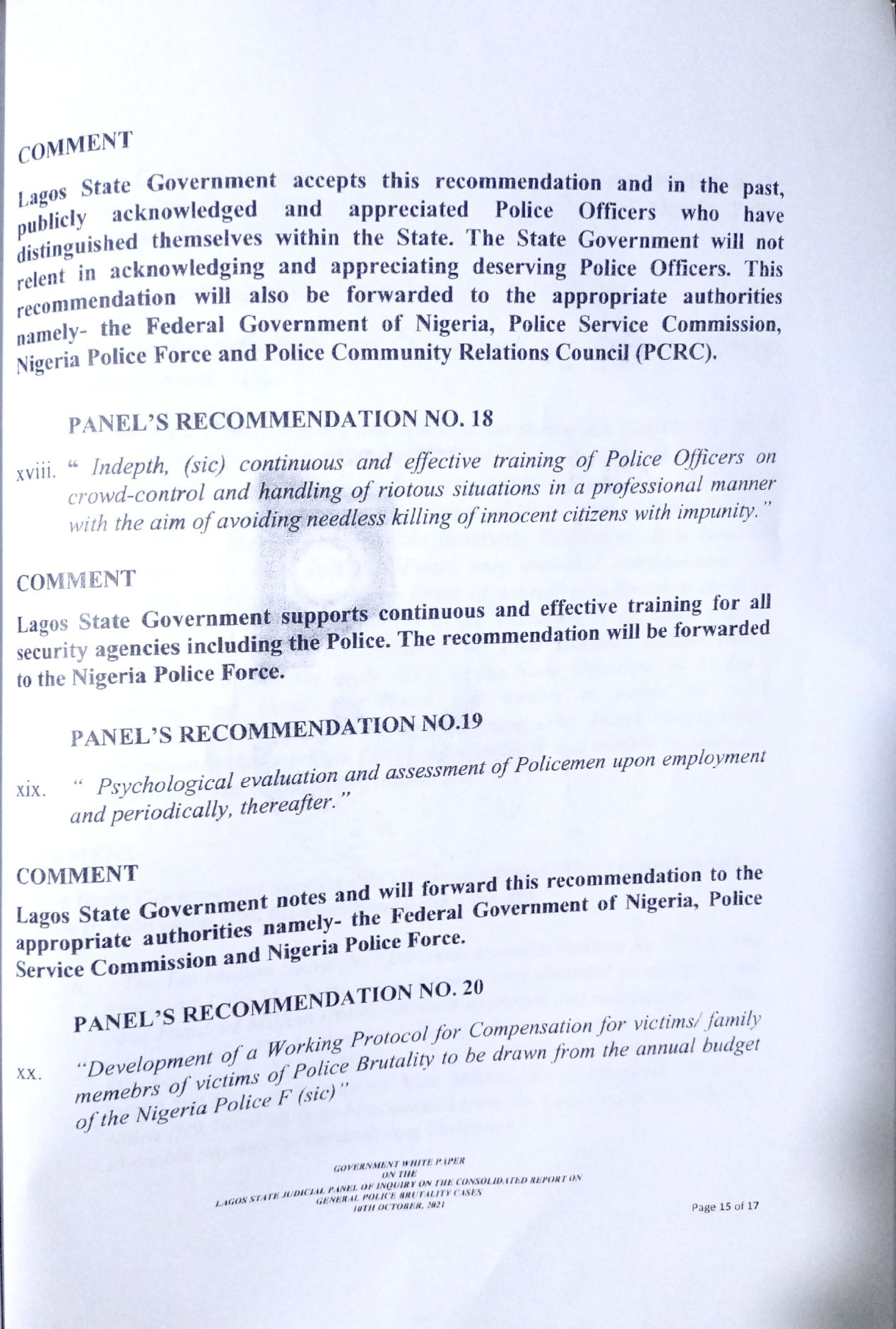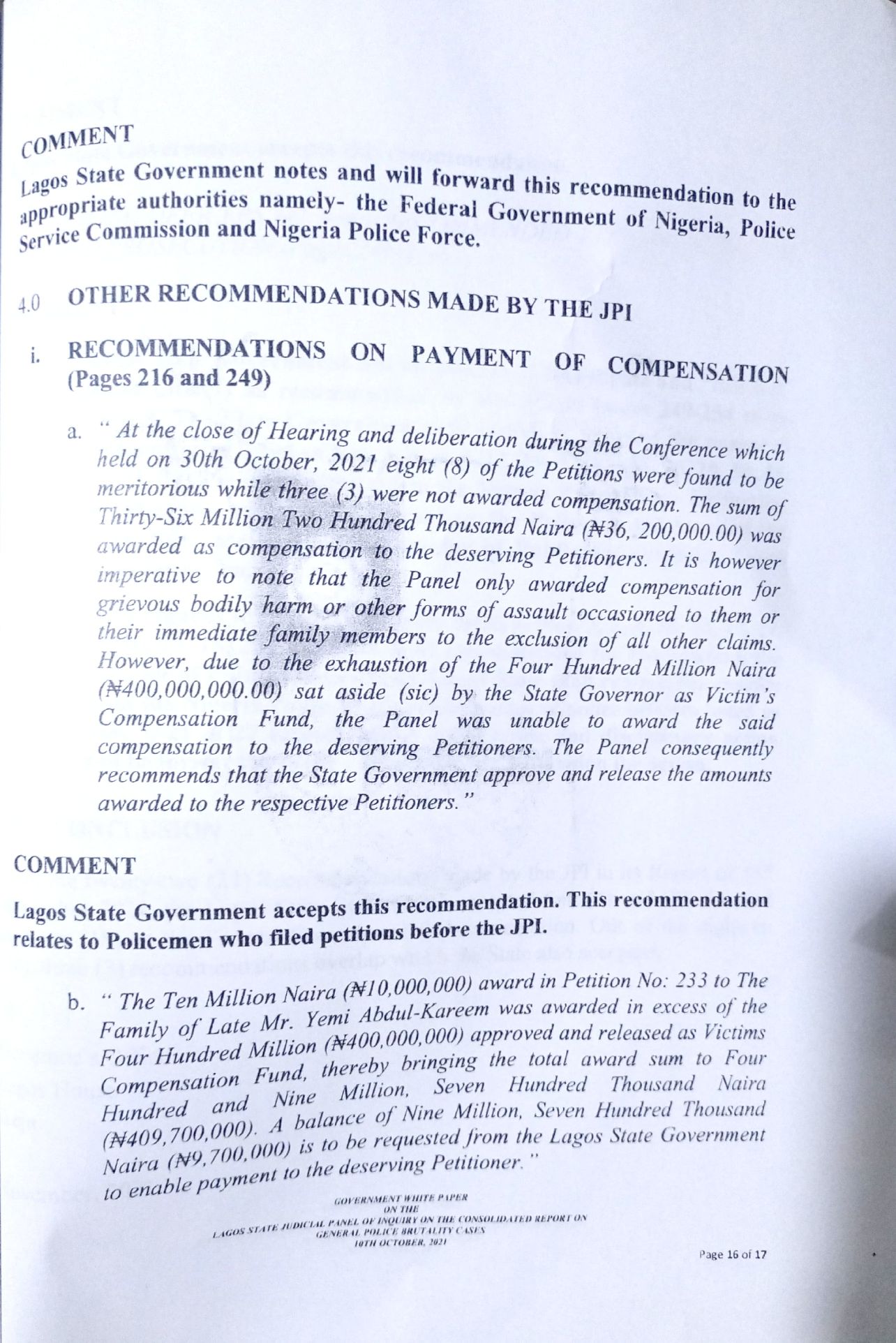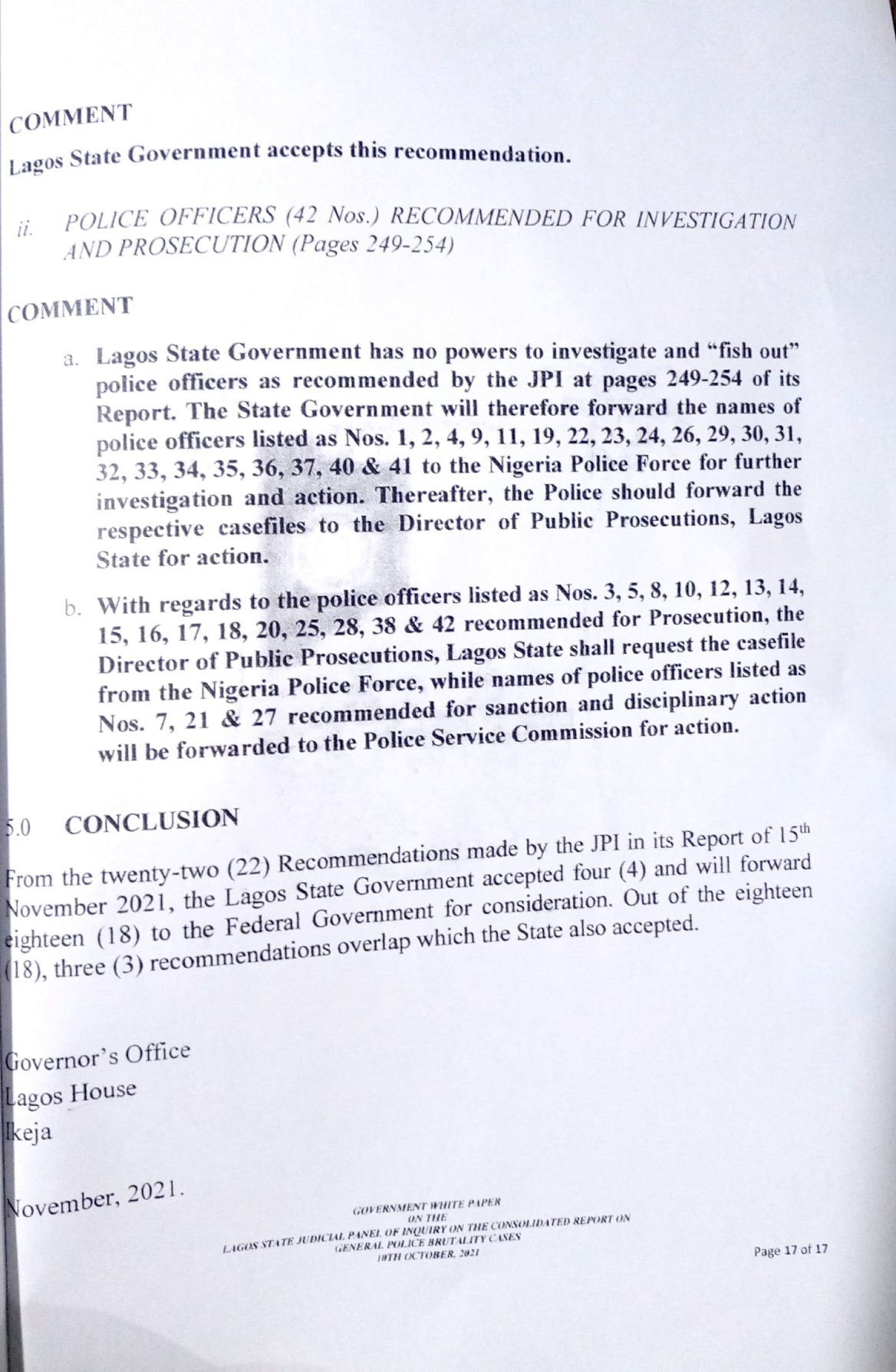A Senior Advocate of Nigeria (SAN) Ebun-Olu Adegboruwa has promised a “no-holds-barred” response -at the appropriate time – to the White Papers released by the Lagos State Government on the Reports of the #EndSARS Judicial Panel of Inquiry (JPI).
Adegboruwa, a member of the panel, said no member of the panel was informed of the release of the White Papers by the government neither were they given copies of the documents.
In a statement titled “#EndSARS panel report: the siege is over”, he accused the government of creating the wrong impression of financial impropriety against panel members to distract the public.
Adegboruwa said: “Since November 15, 2021, when the Reports of the #EndSARS Judicial Panel were submitted to the Lagos State Government, a good number of my colleagues, friends and admirers prevailed on me to refrain from further public pronouncements on the activities and reports of the Panel since the government was studying the said reports.
“Upon the submission of the said reports, lawyers on the payroll of the government and other employees of the government took turns to denigrate the reports, on national television, in paid adverts in newspapers and on the social media.
“Ministers in the Cabinet of the Federal Government have also commented on the said reports, in some cases calling members of the Panel unprintable names and even comparing victims of brutality and human rights abuses to goats and taunting their already traumatized families and friends.
“On November 30, 2021, the government released two separate White Papers, to the general public. The Panel was not informed of this action and it was not availed copies of the said White Papers, till this moment.
“The Committee that reviewed the Reports of the Panel and which produced the White Papers was headed by the Honourable Attorney-General of Lagos State.
“On December 1, 2021, the Honourable Attorney-General of Lagos State was a guest on Arise Television, where he took time to discuss the Reports of the Panel and the contents of the White Papers that his Committee produced. The impression was also created that the Panel mismanaged funds released to it.
“It has become necessary therefore for me and all other Members of the Panel to study the White Papers and make appropriate responses thereto. There will be no-holds-barred, since the government itself has opened the doors for public scrutiny of the report and the white papers.
“For the records, the Panel relied upon the evidence of witnesses, documents tendered before it and the goodwill of the people of Nigeria, throughout its assignment.
“It is painful for me and the Panel that the government is creating the wrong impression of financial impropriety as a tool of distraction when the Panel had a Secretariat that managed all its funds, through the Ministry of Justice.
“Although I served on the Panel free of charge without collecting a dime, I know as a fact that other members served sacrificially, giving up their time, families and careers for a whole year.
“At the appropriate time, we will respond to all the inaccuracies, the coverups and the inconsistencies contained in the White Papers released by the government.
“Assuredly, nothing can ever cover the truth. What happened at the Lekki Toll Gate on October 20, 2020, was already in the public domain, those who received the bullets knew what happened and the doctors that treated them knew what happened. The Panel reports only confirmed what most Nigerians already knew.”
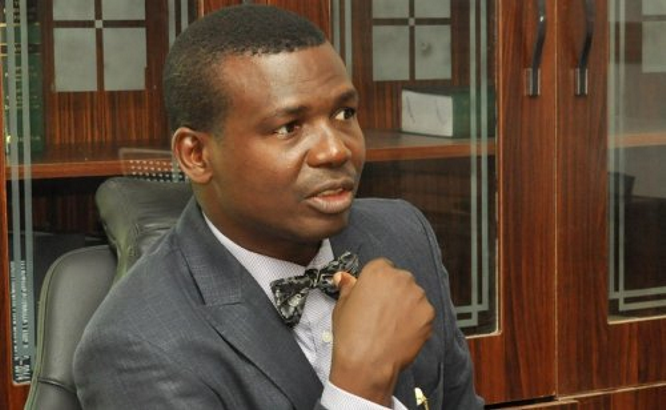
![#EndSARS: Lagos releases two-part White Paper; accepts 11 of 32 recommendations, modifies six, rejects one, to forward others to FG [Documents Attached]](https://thenewsguru.ng/wp-content/uploads/2020/07/Sanwo-Olu....png)
